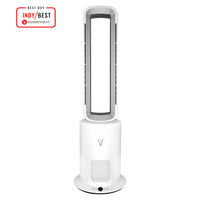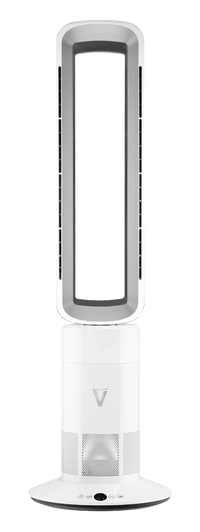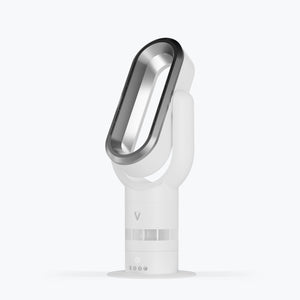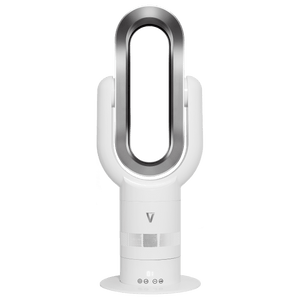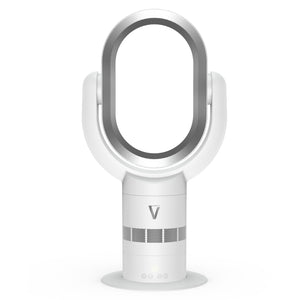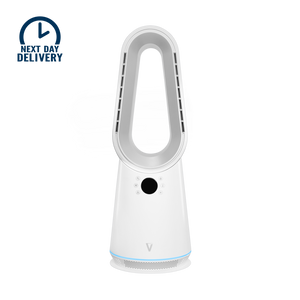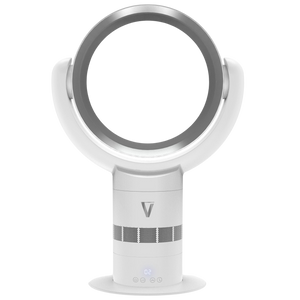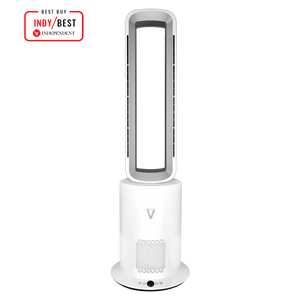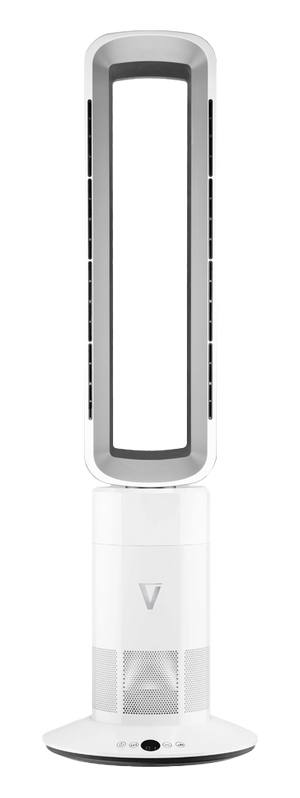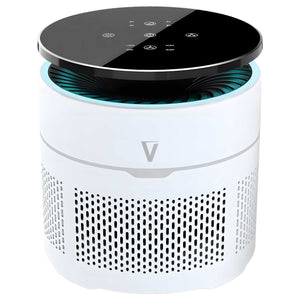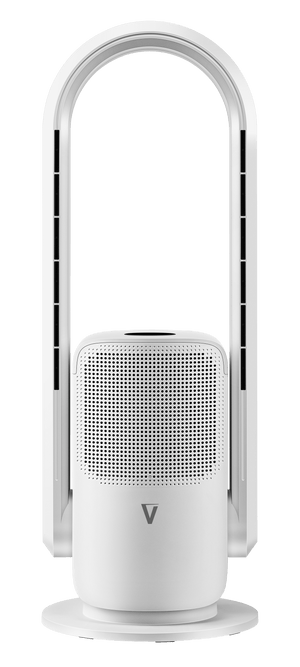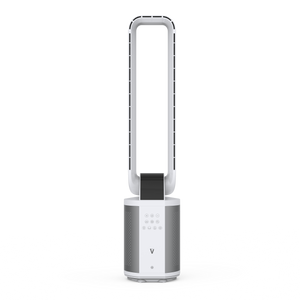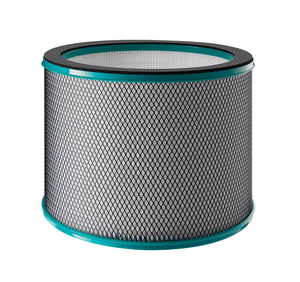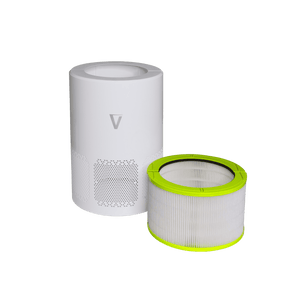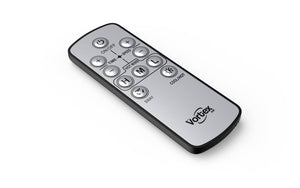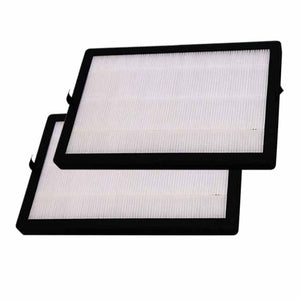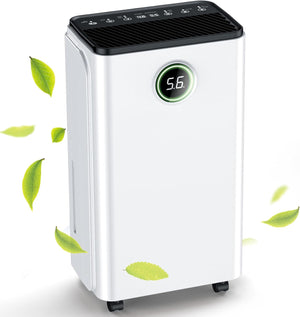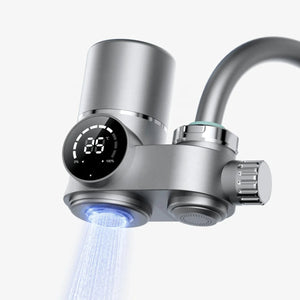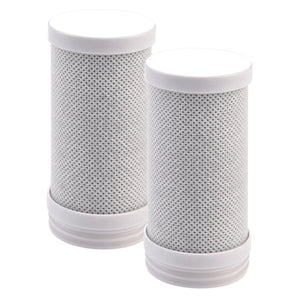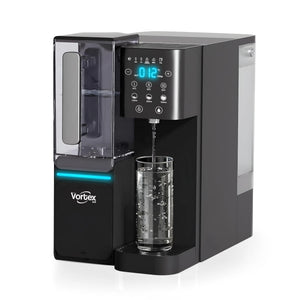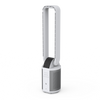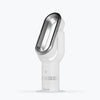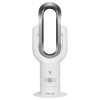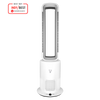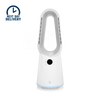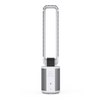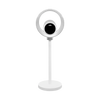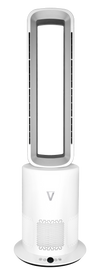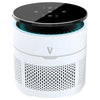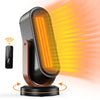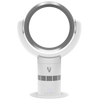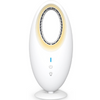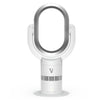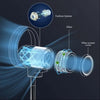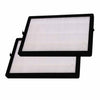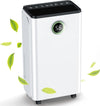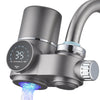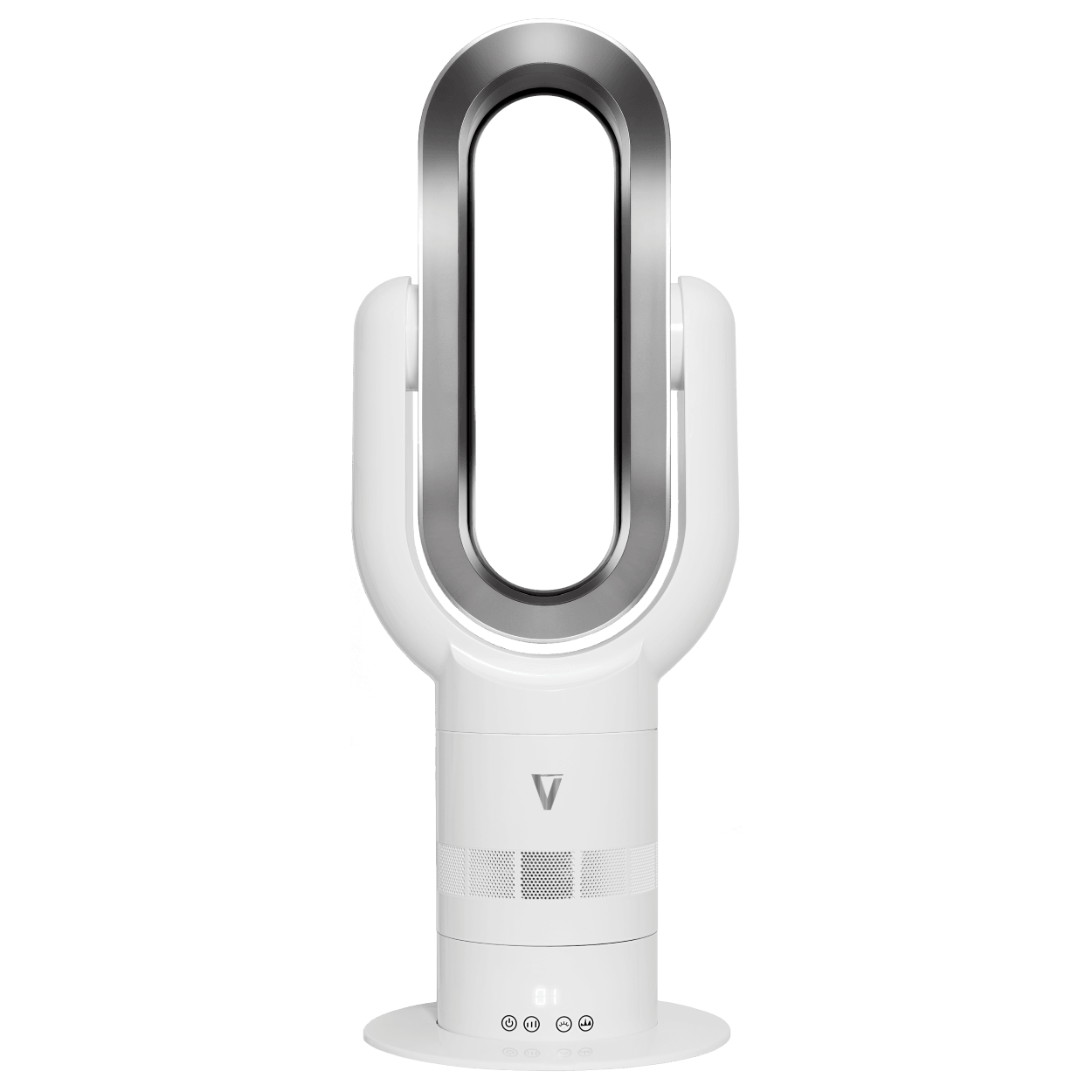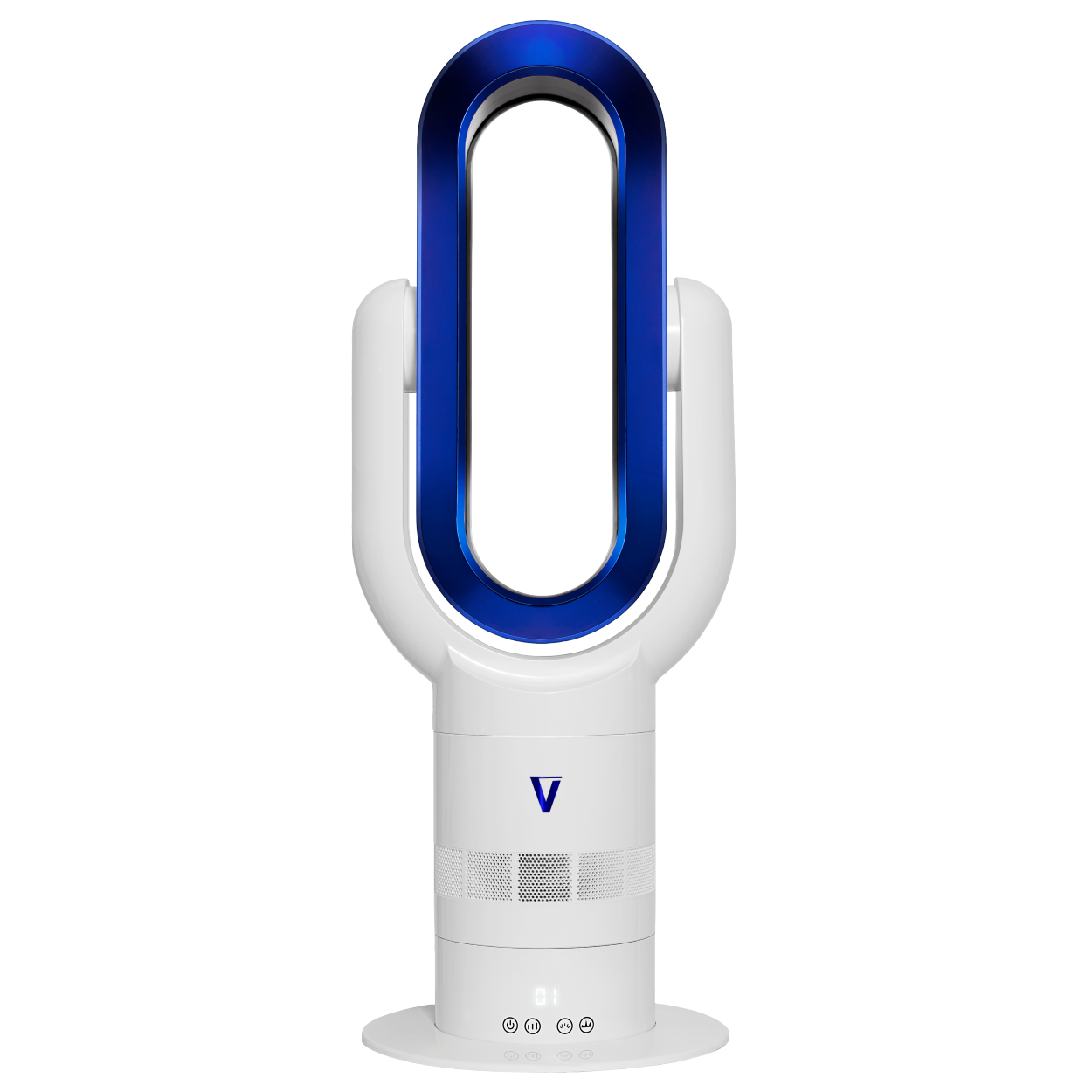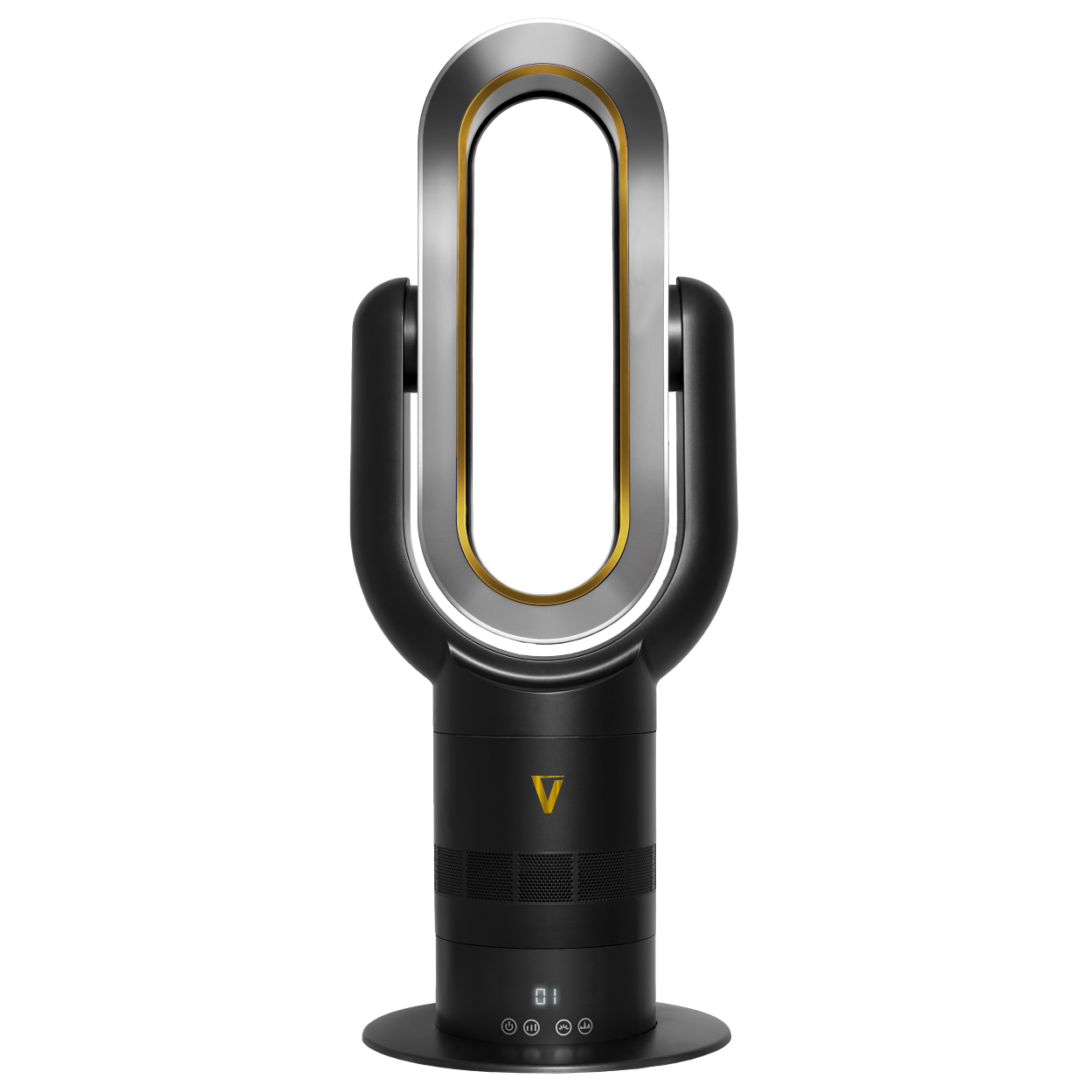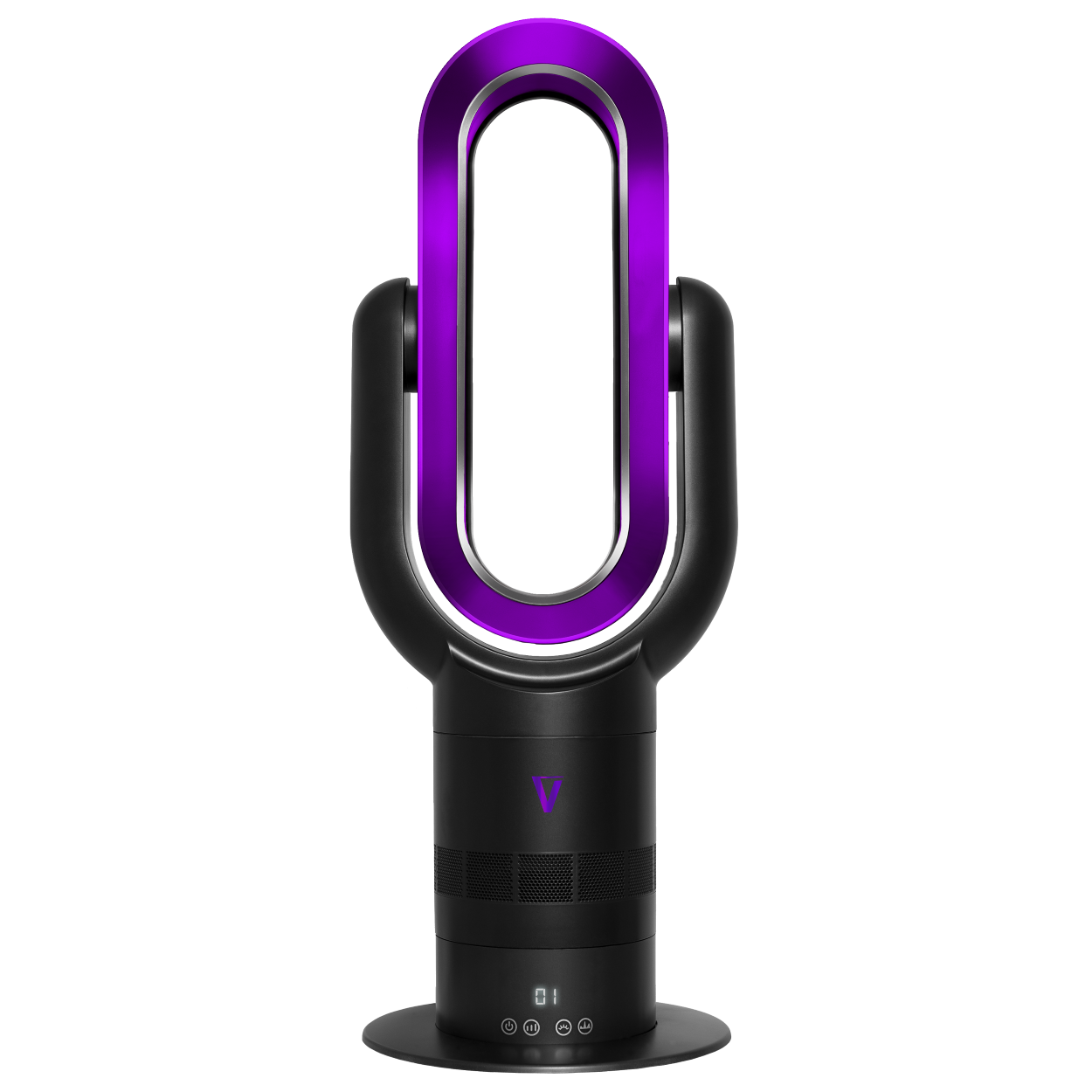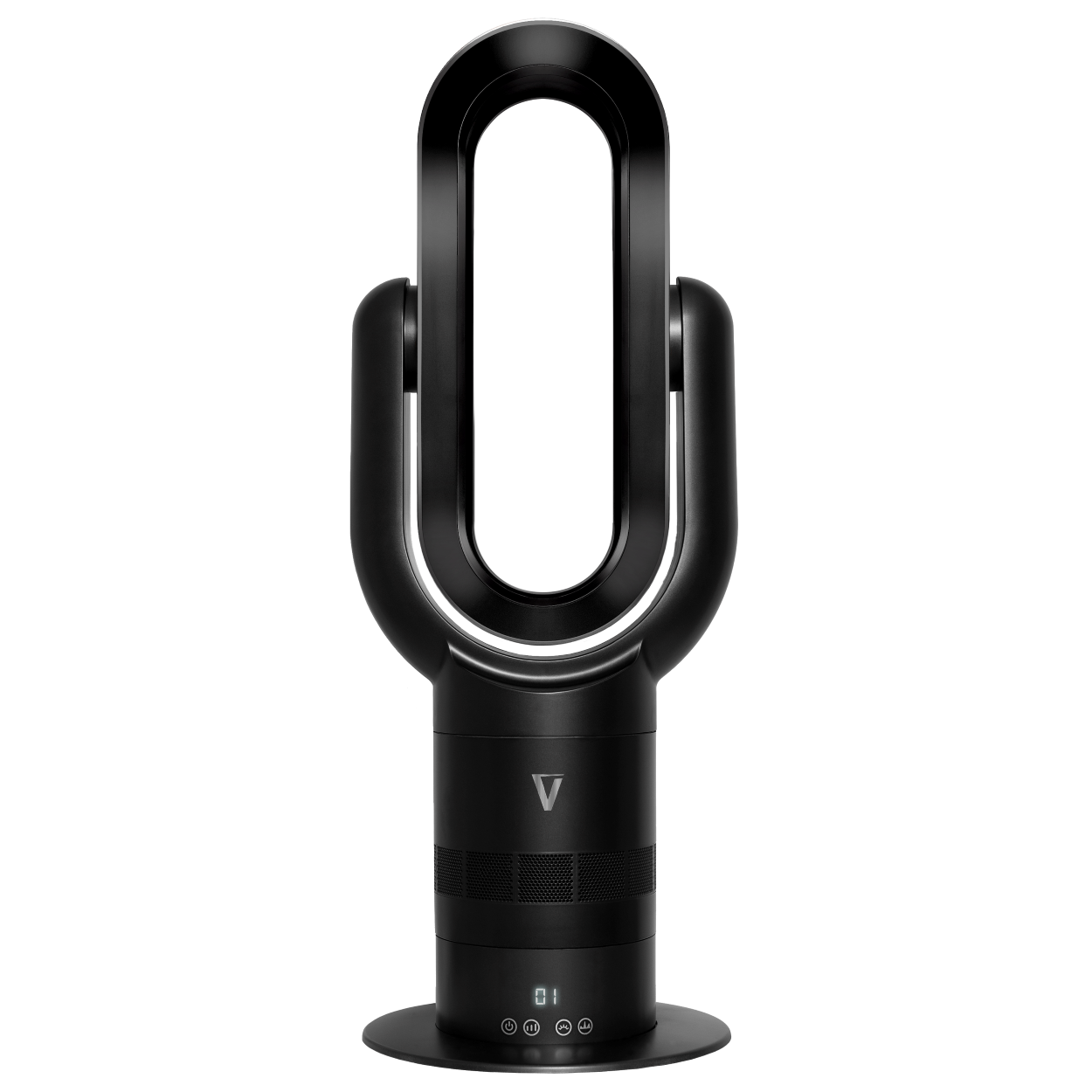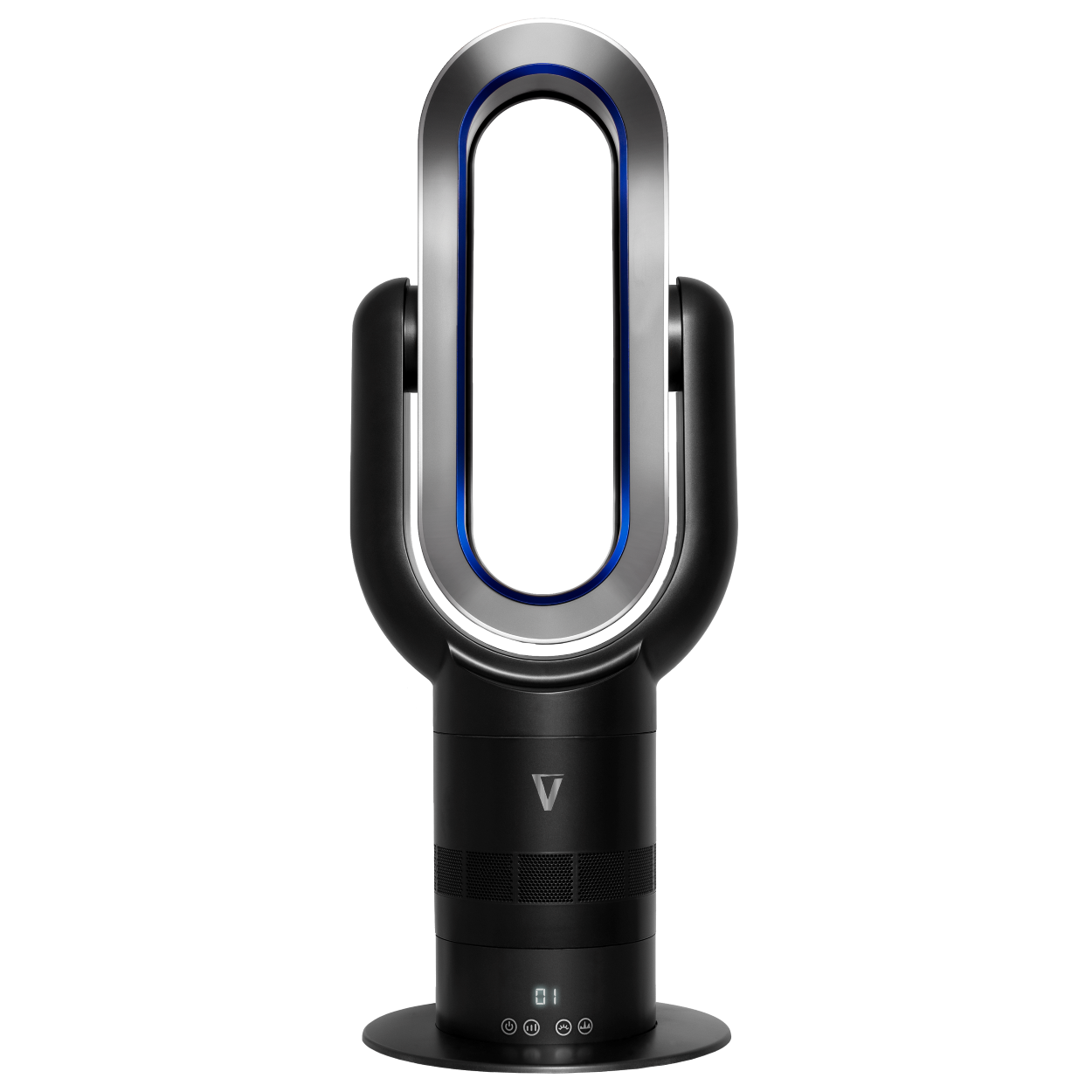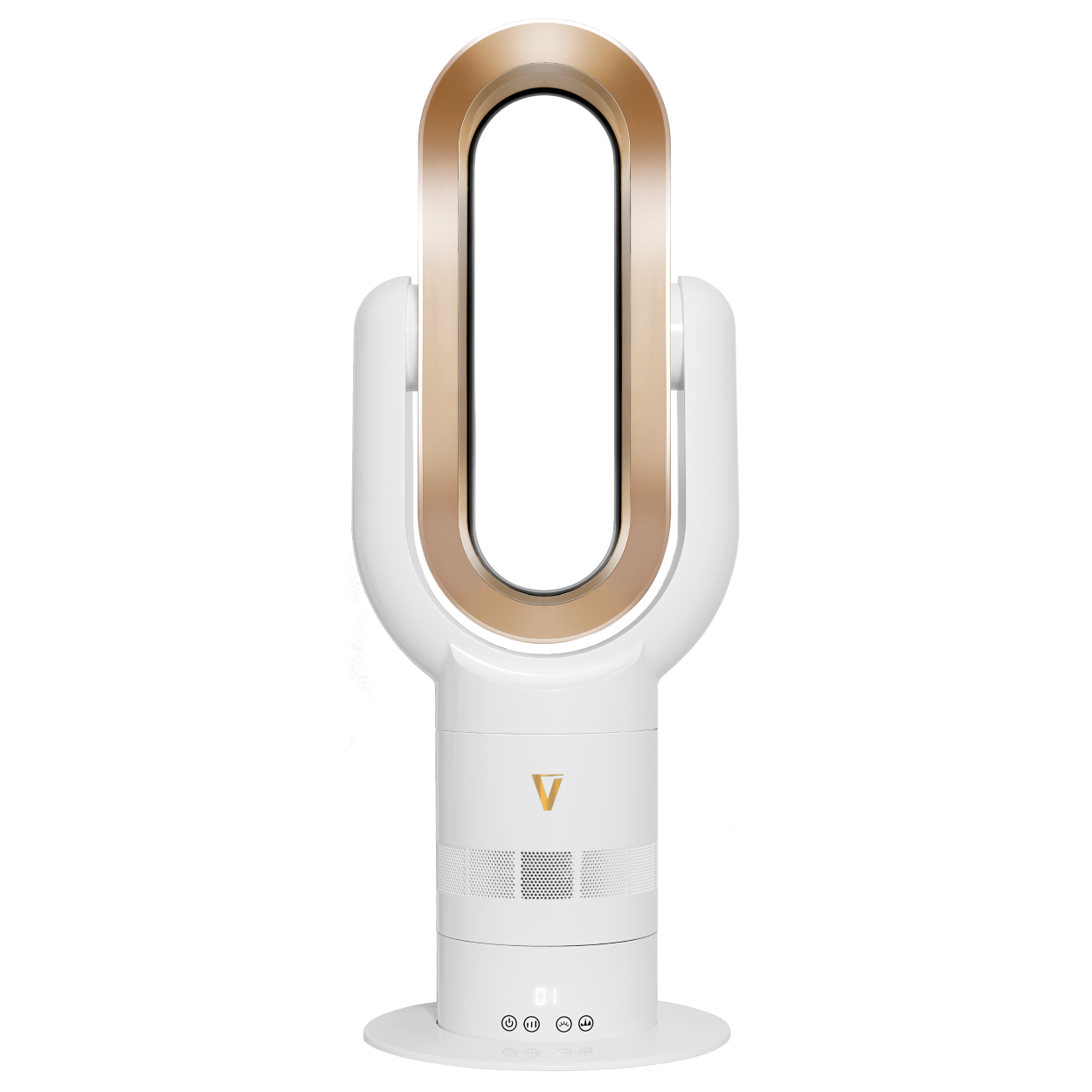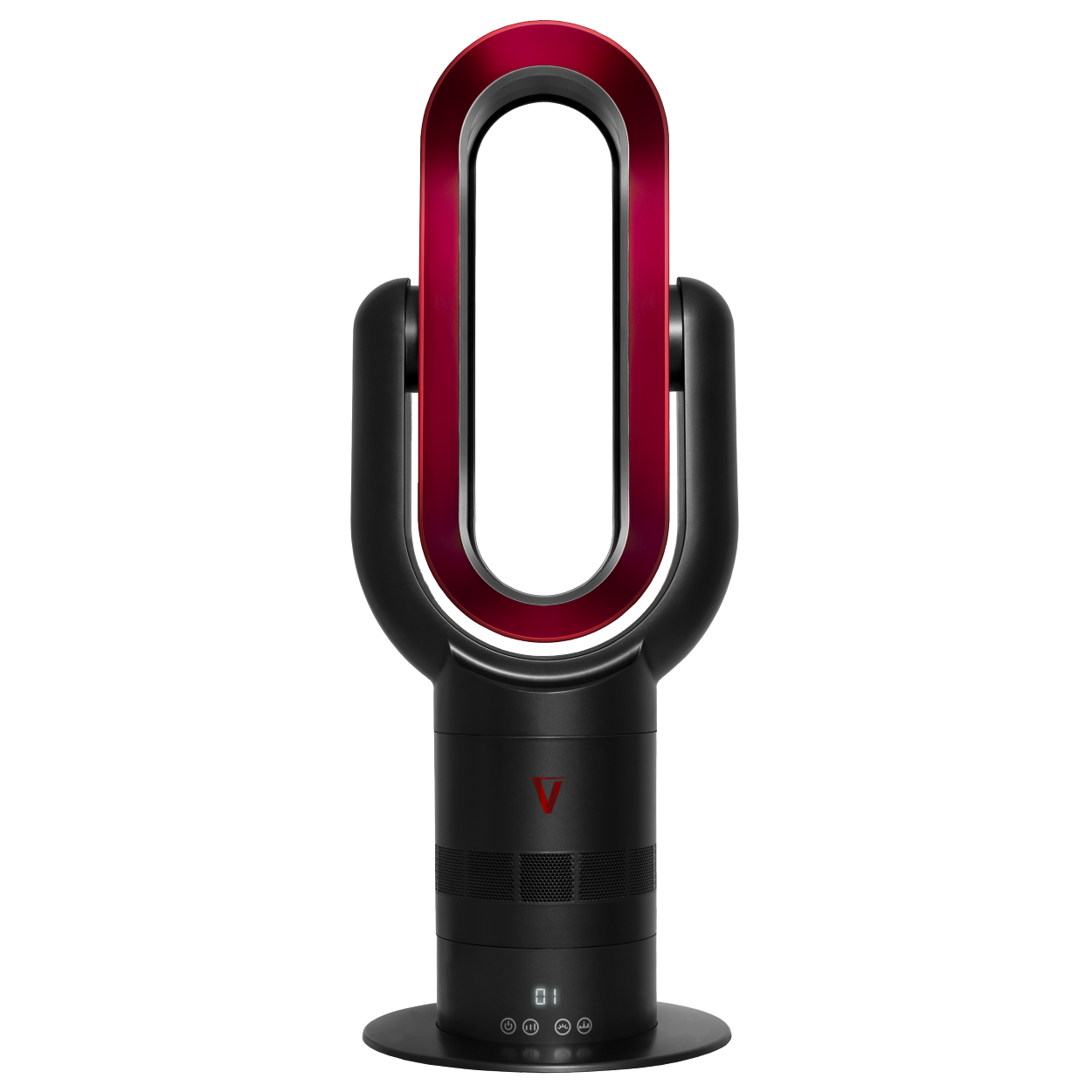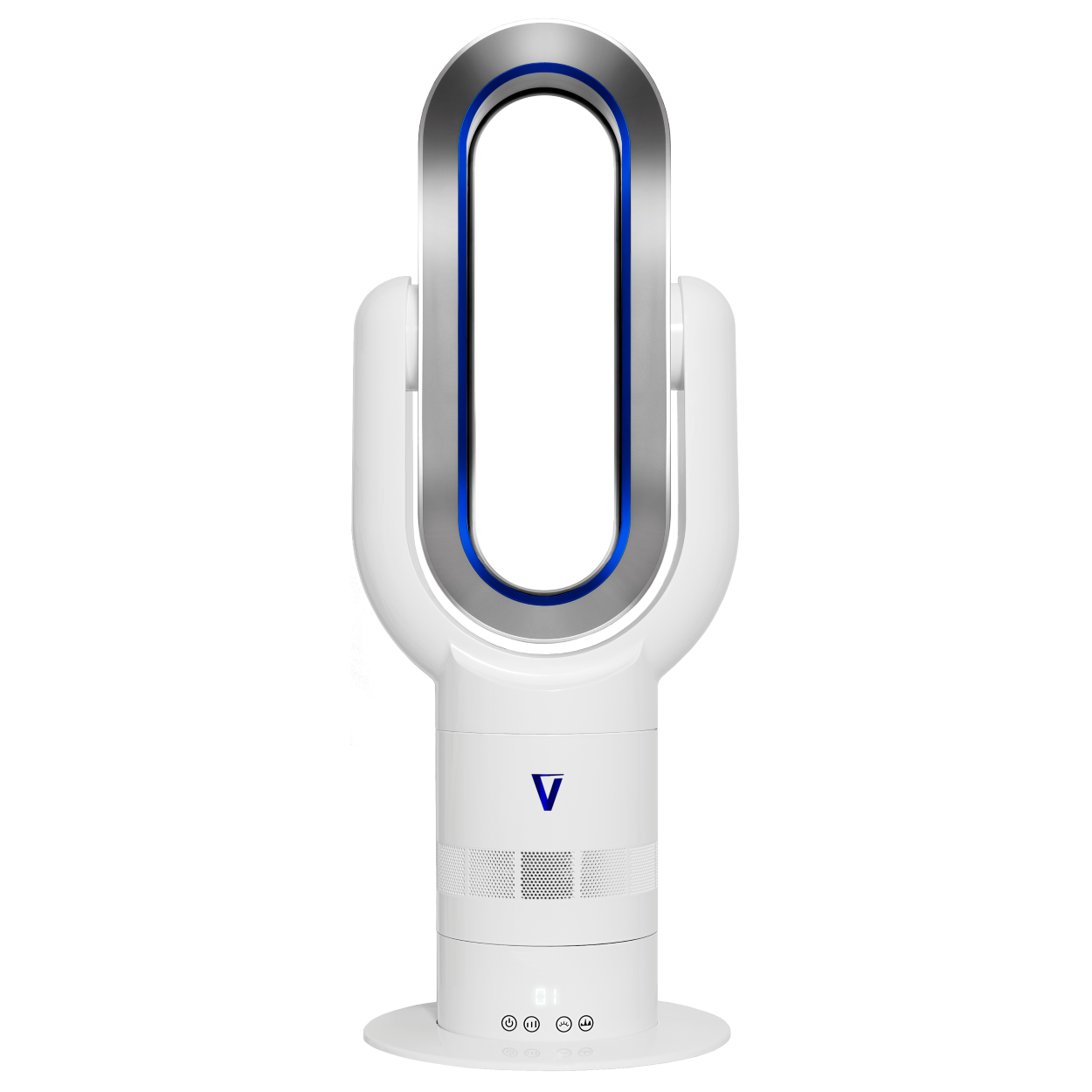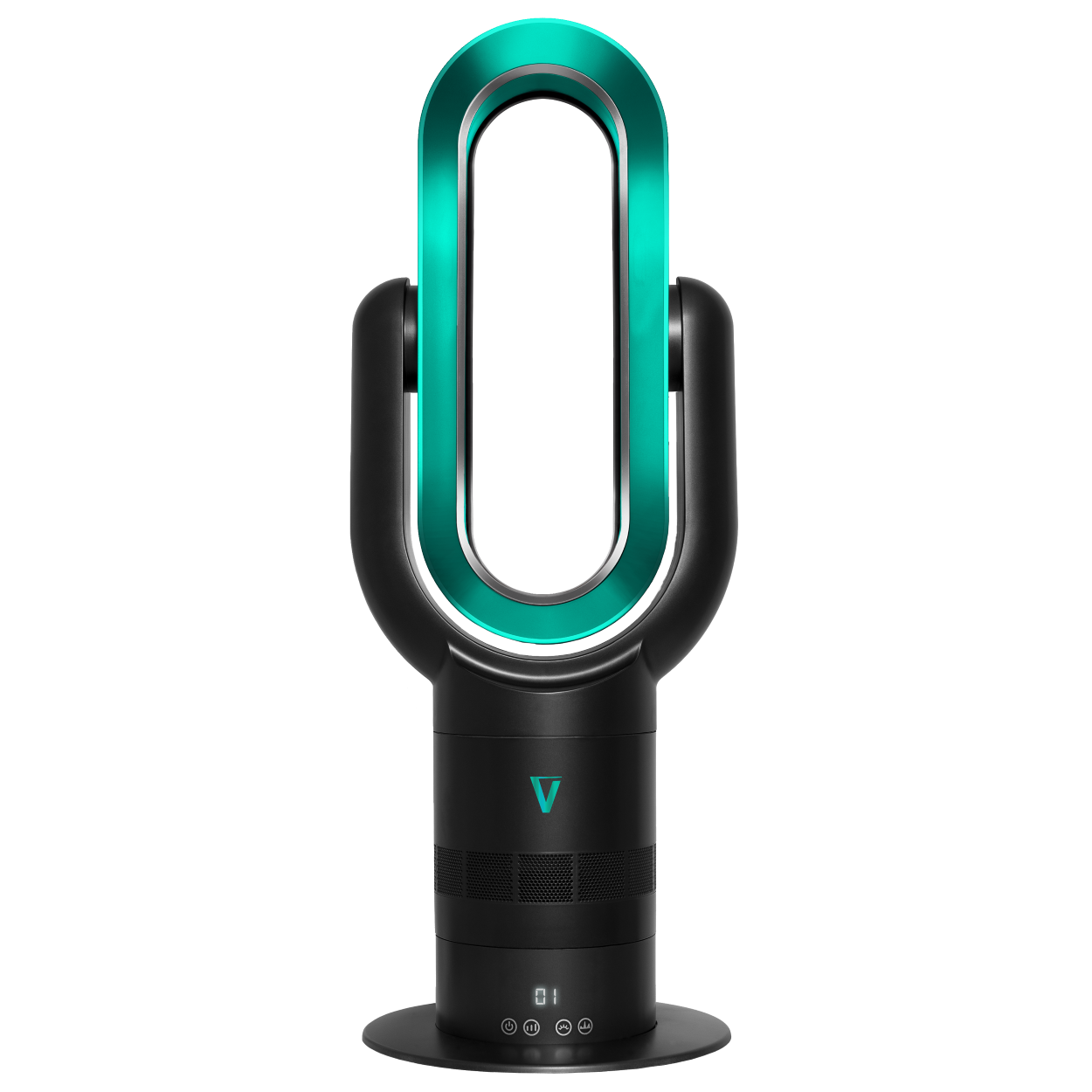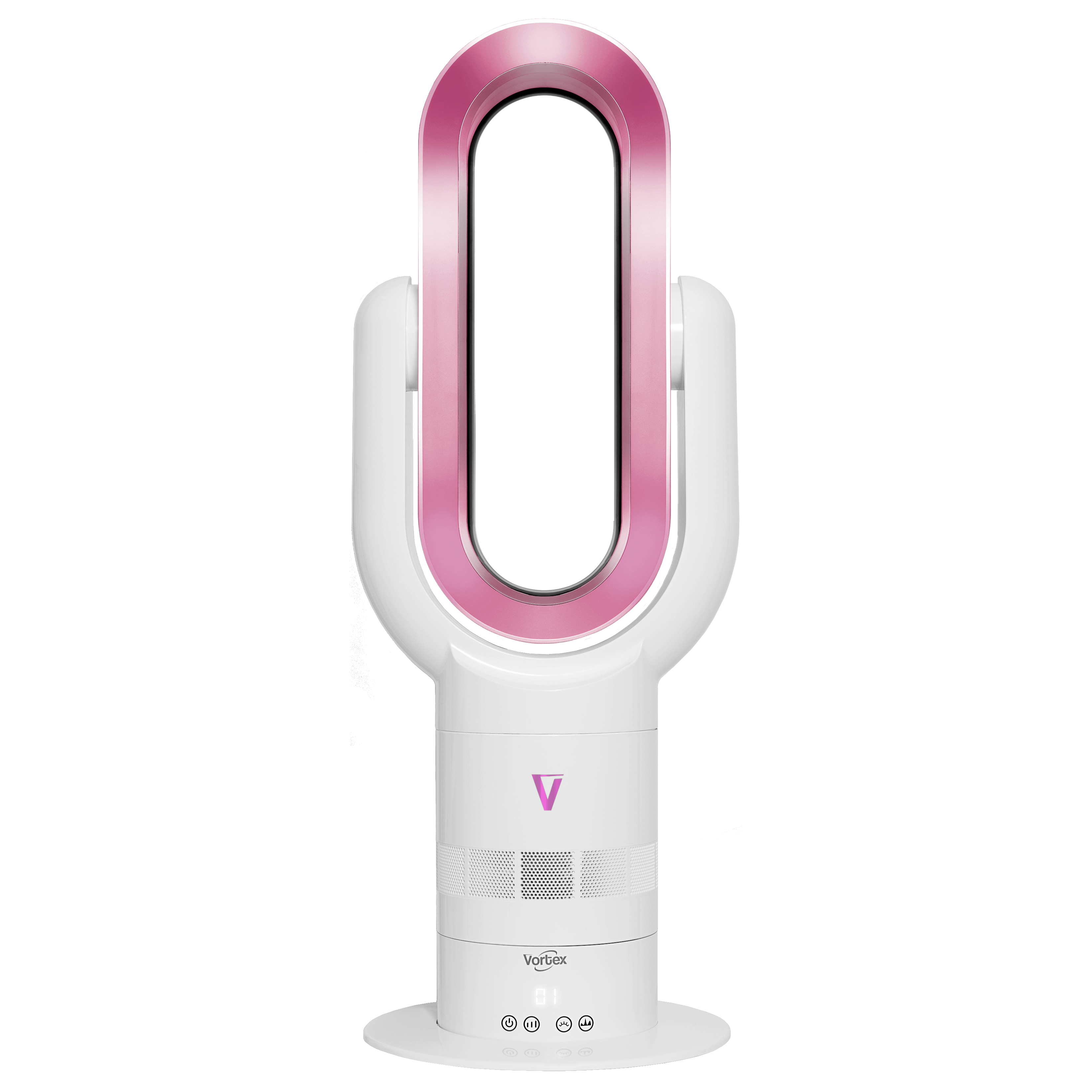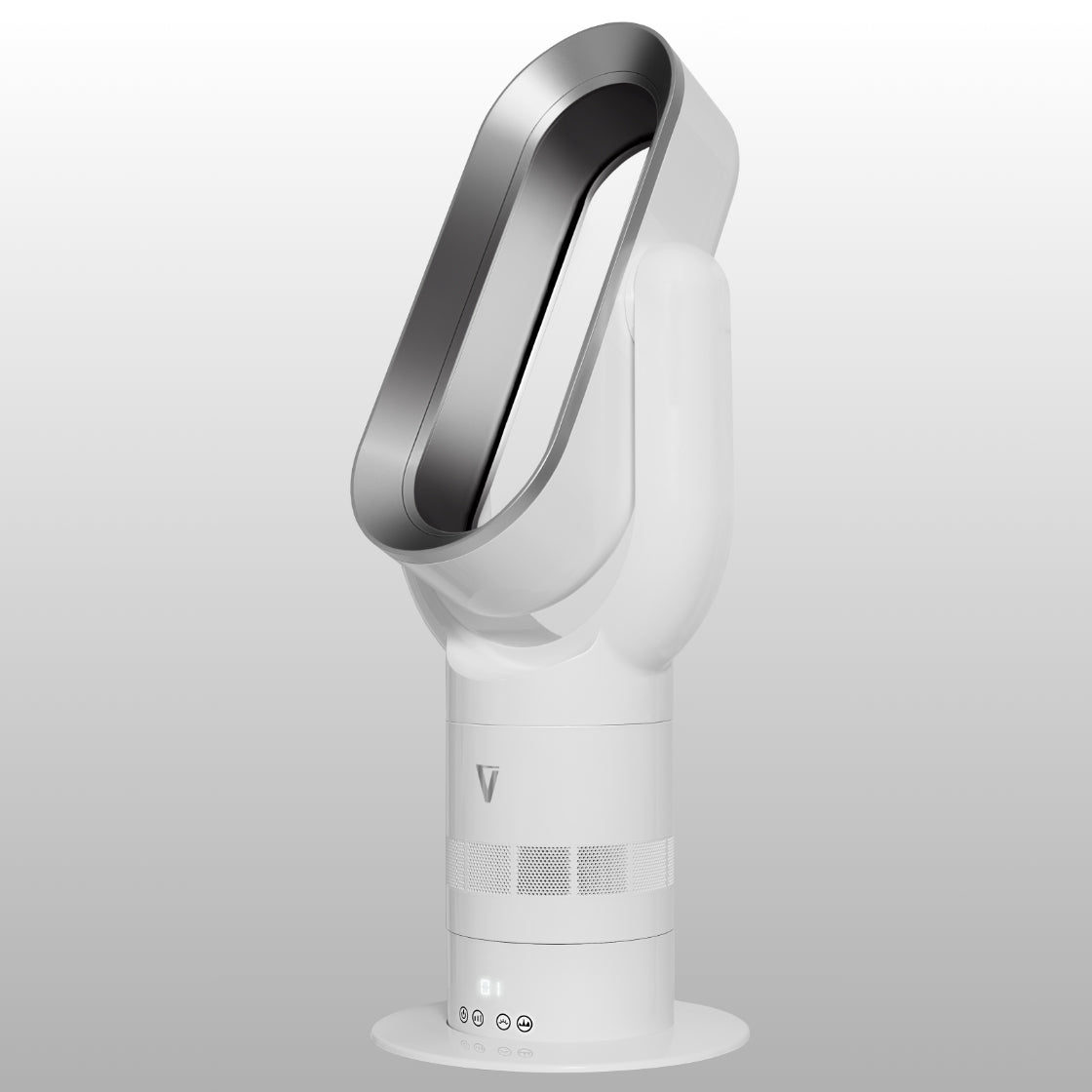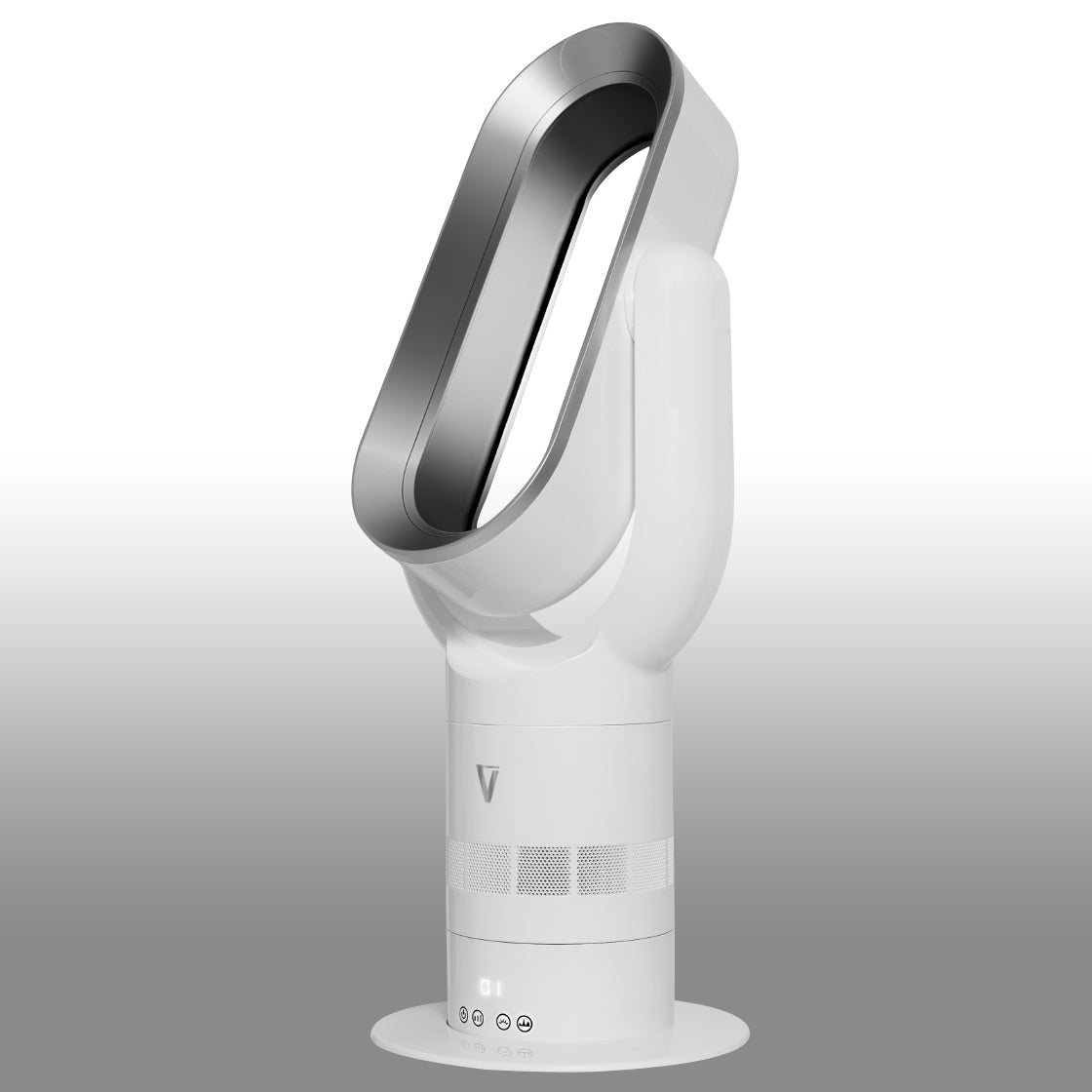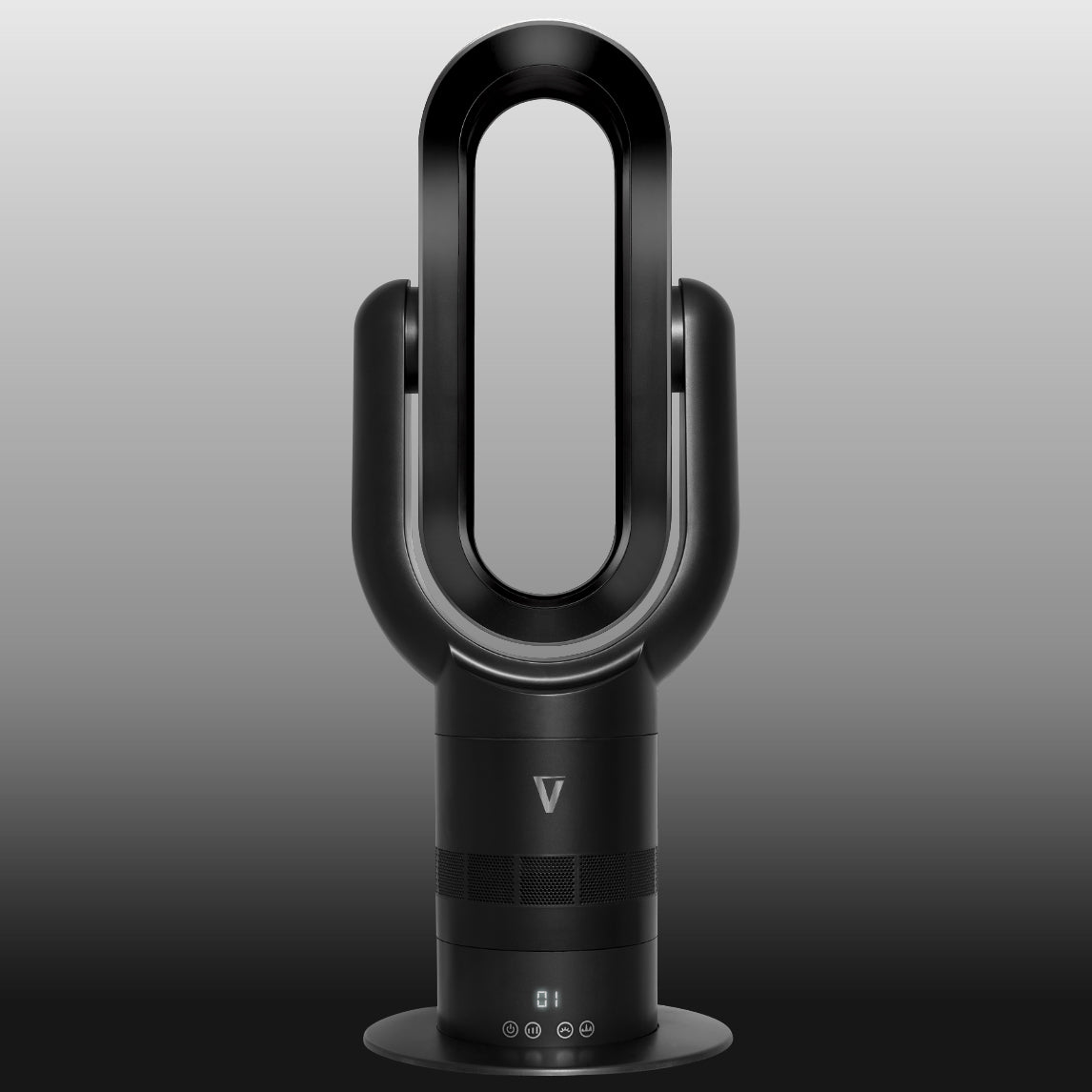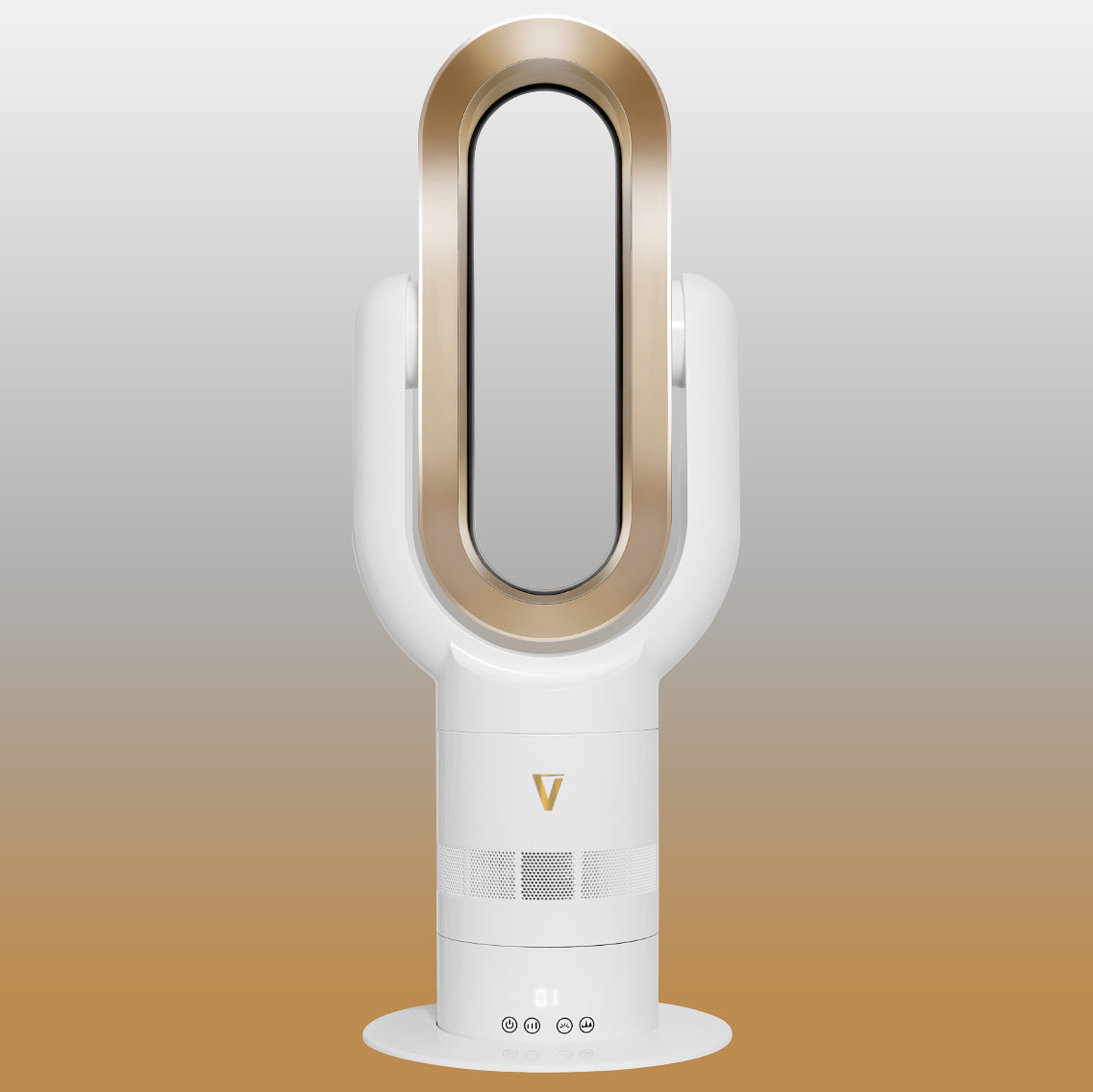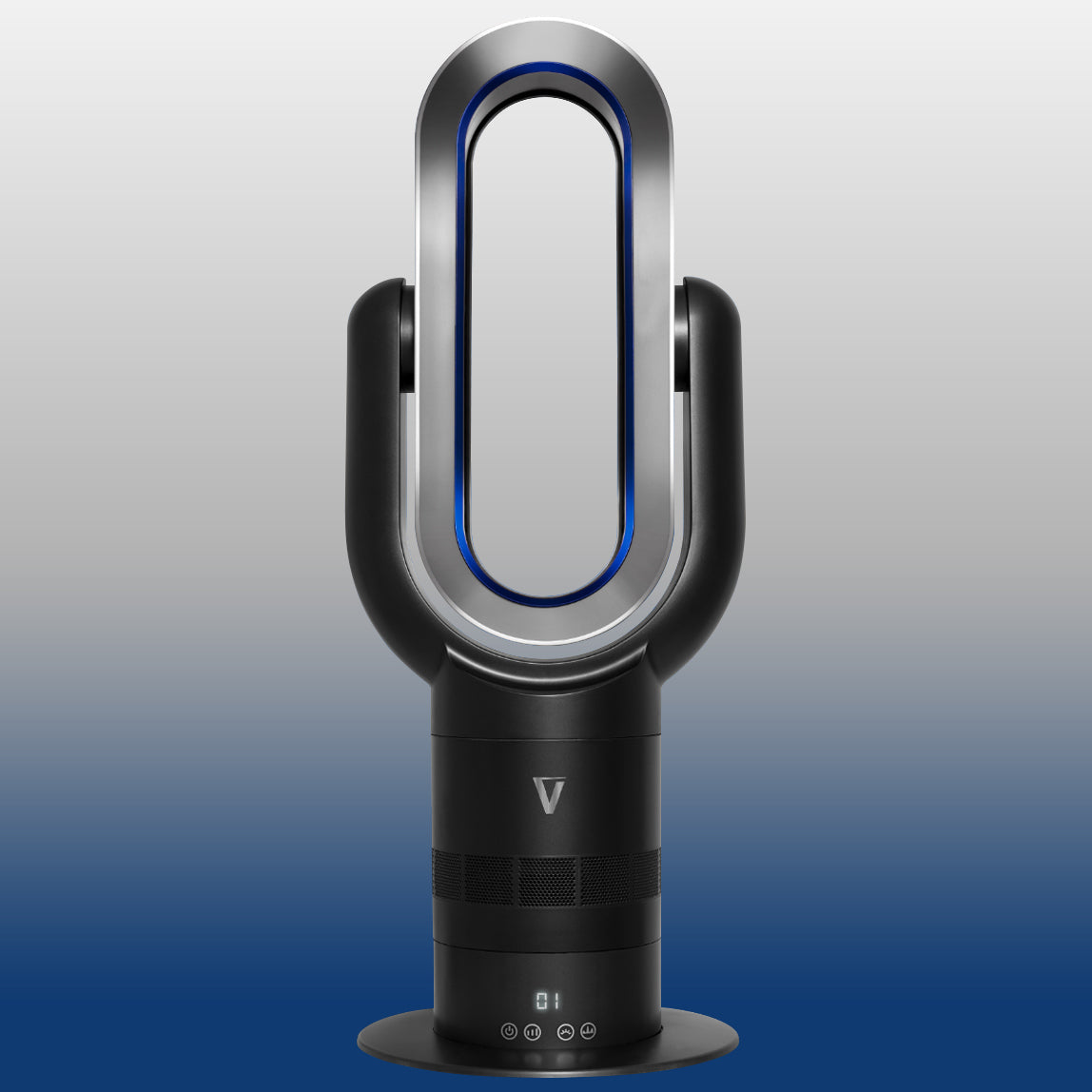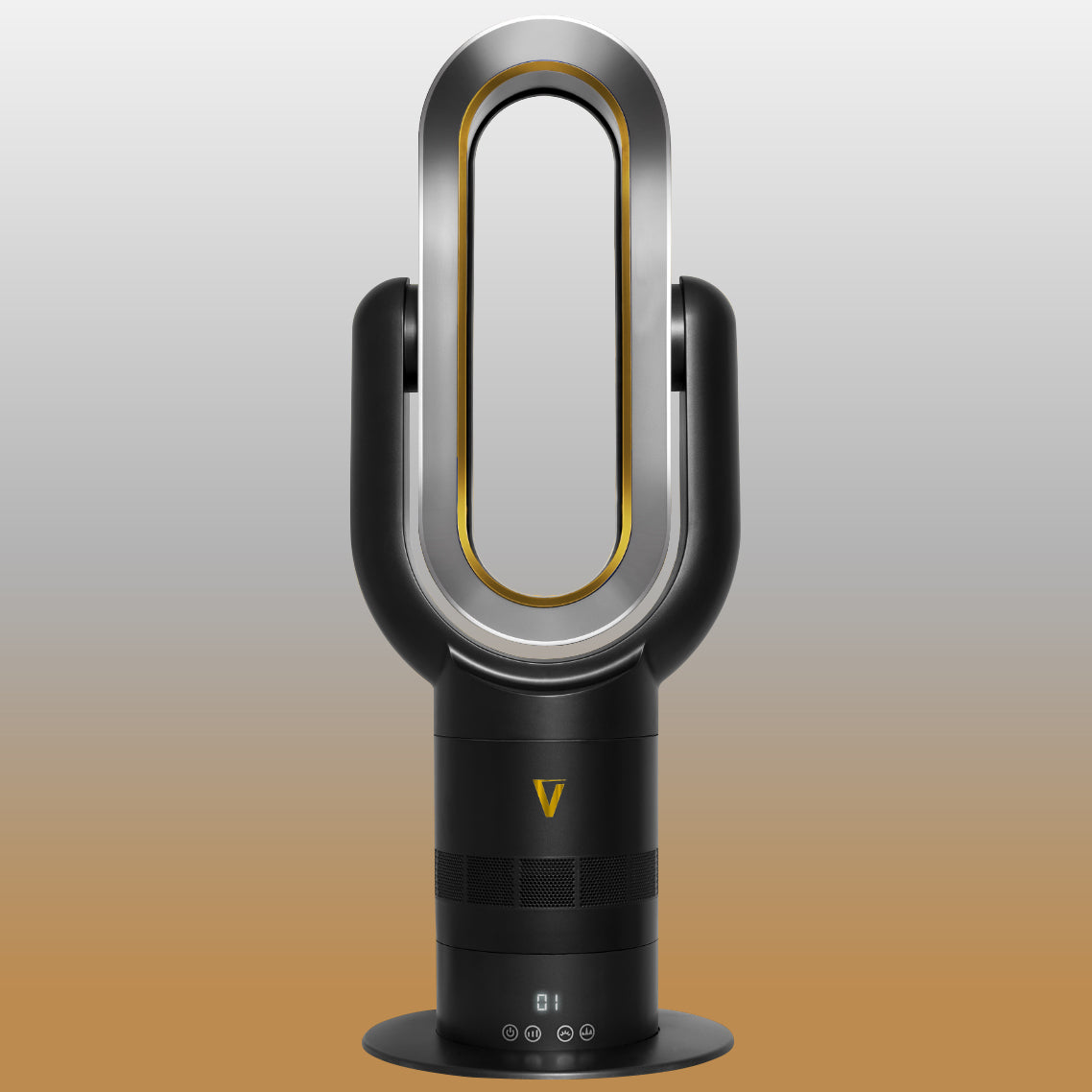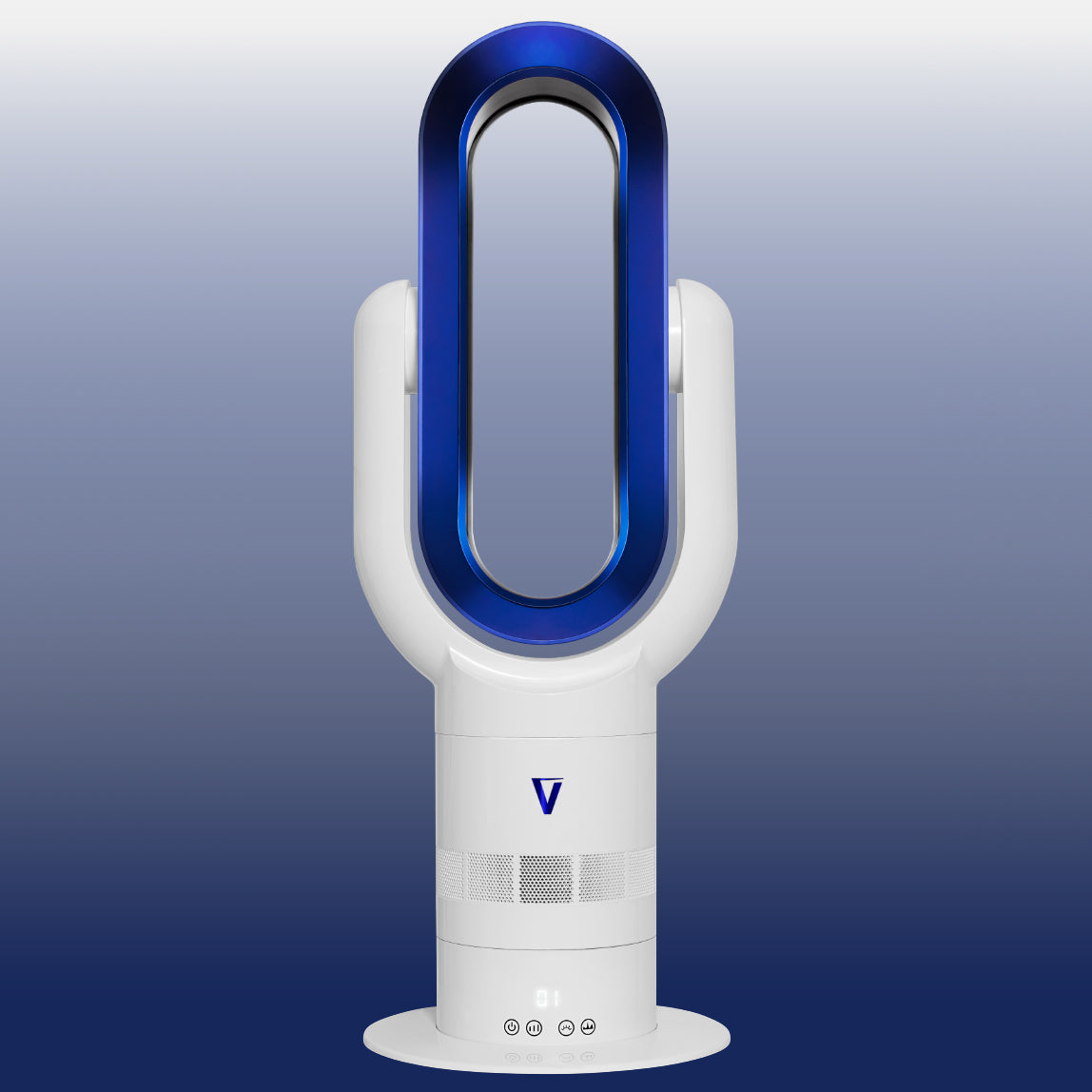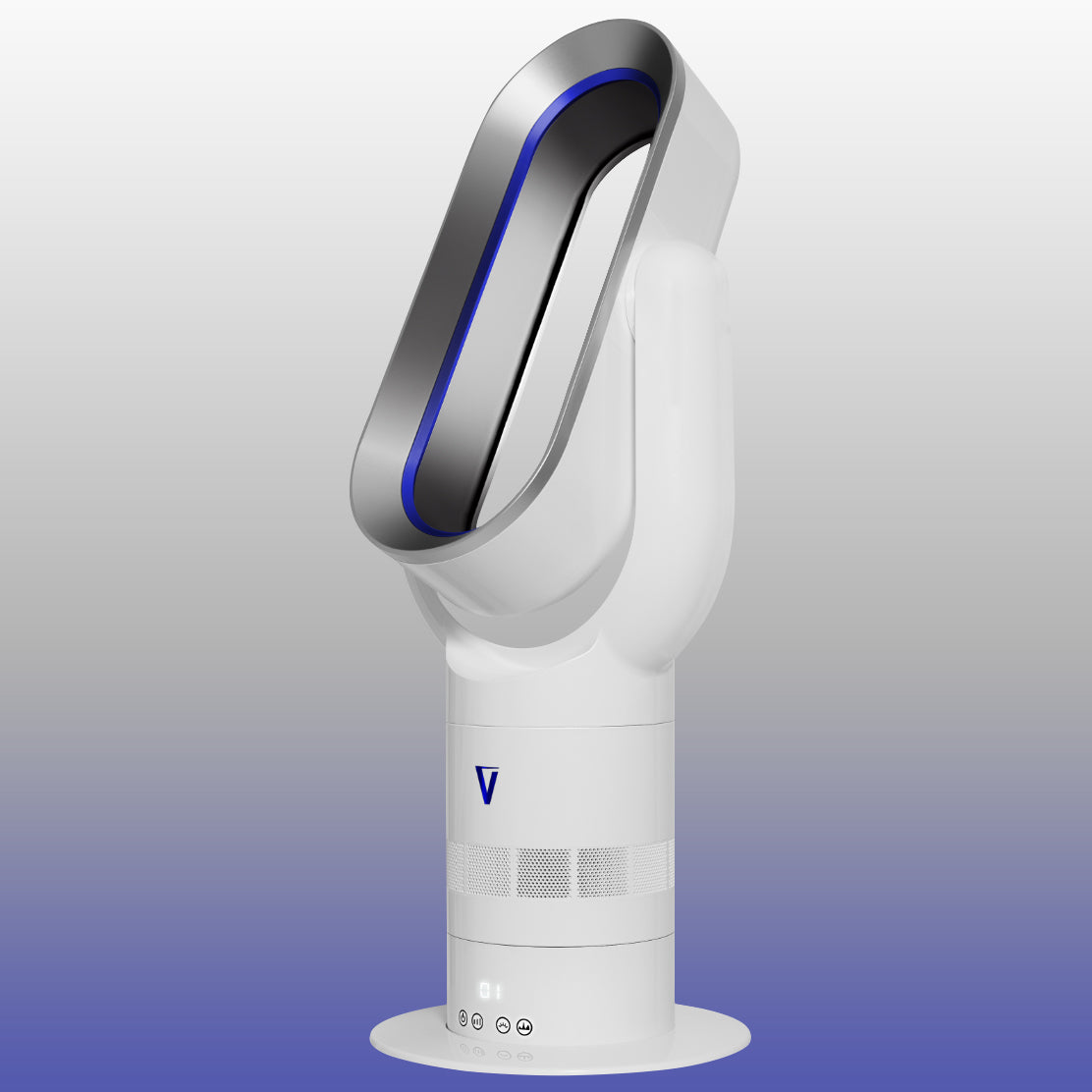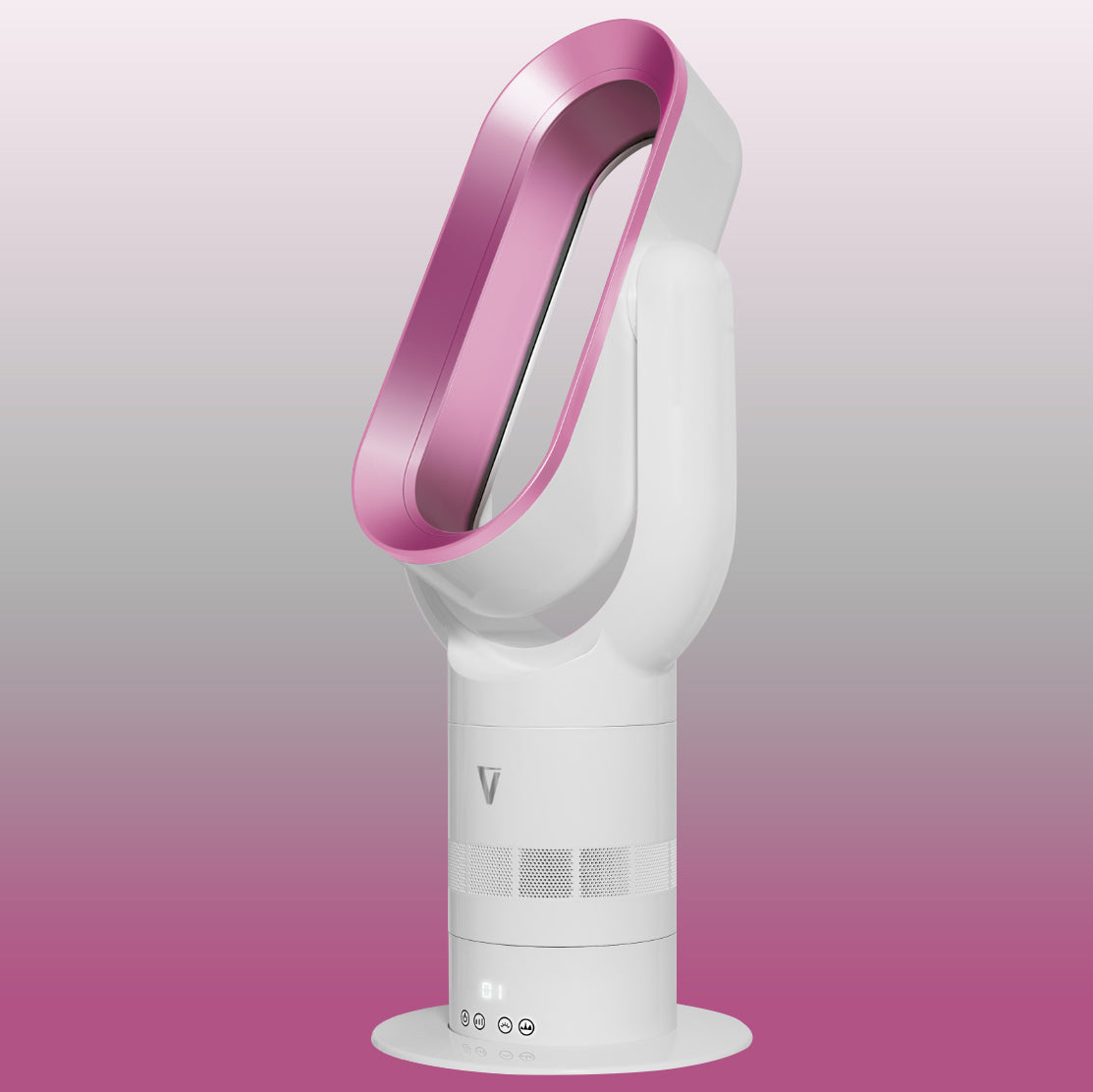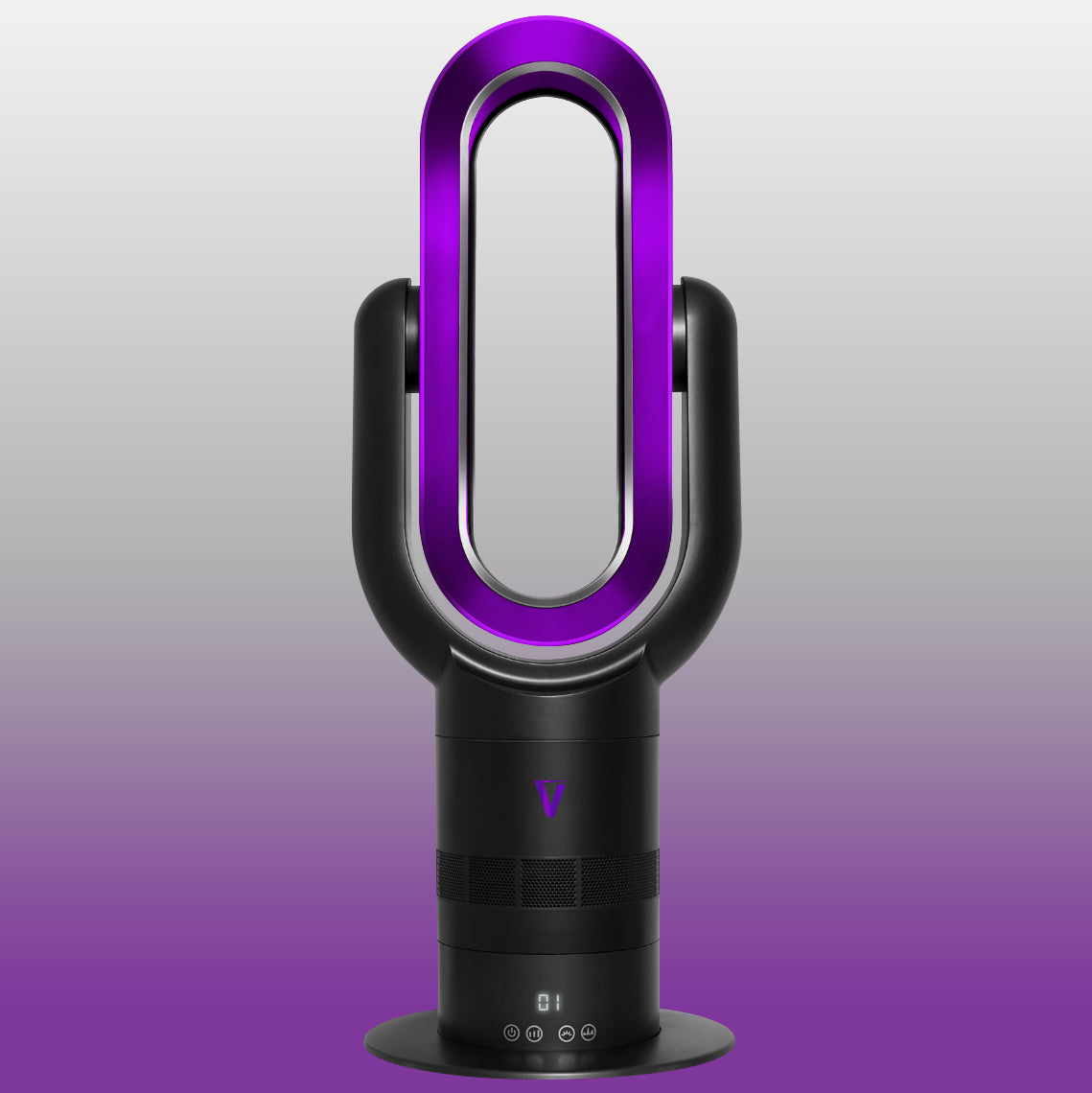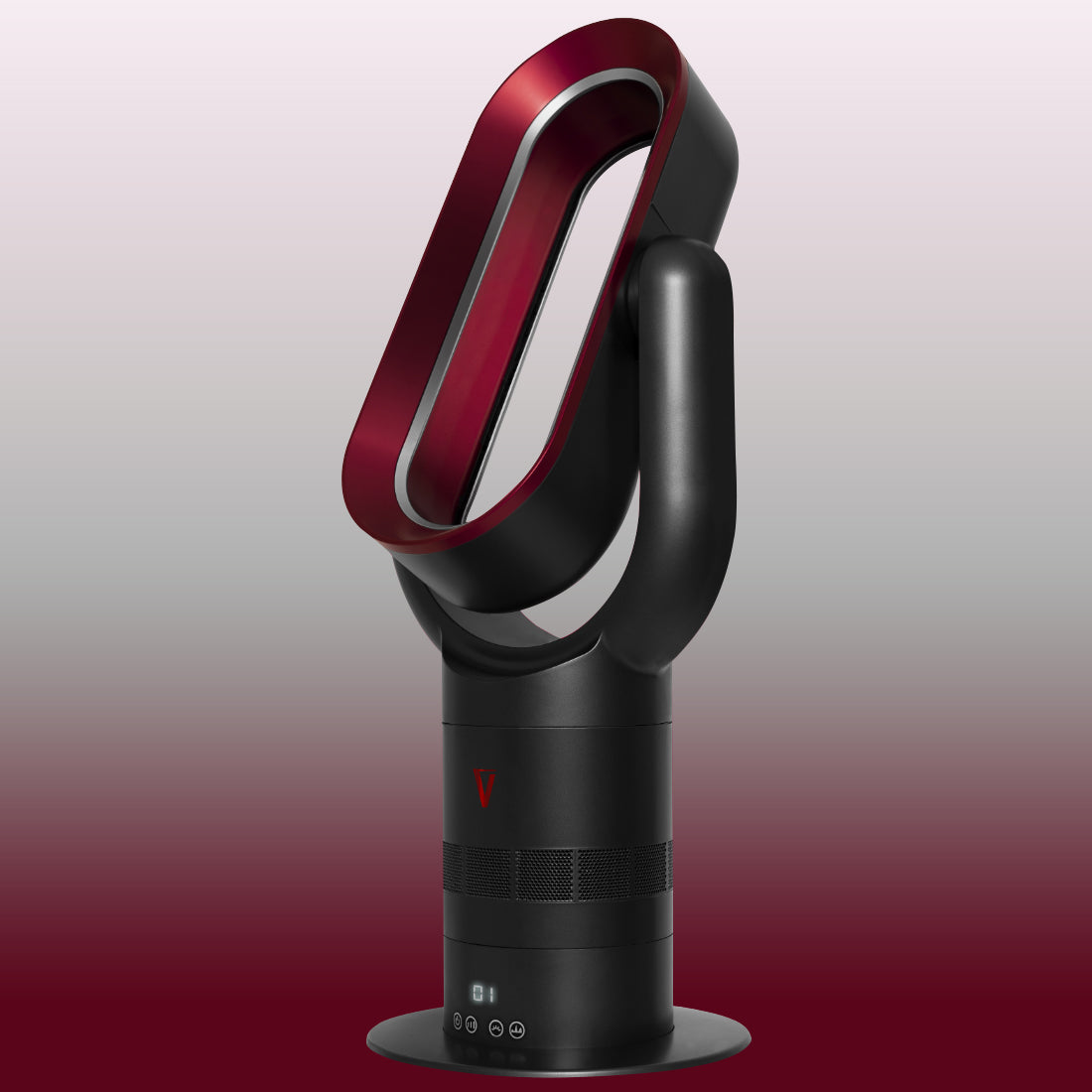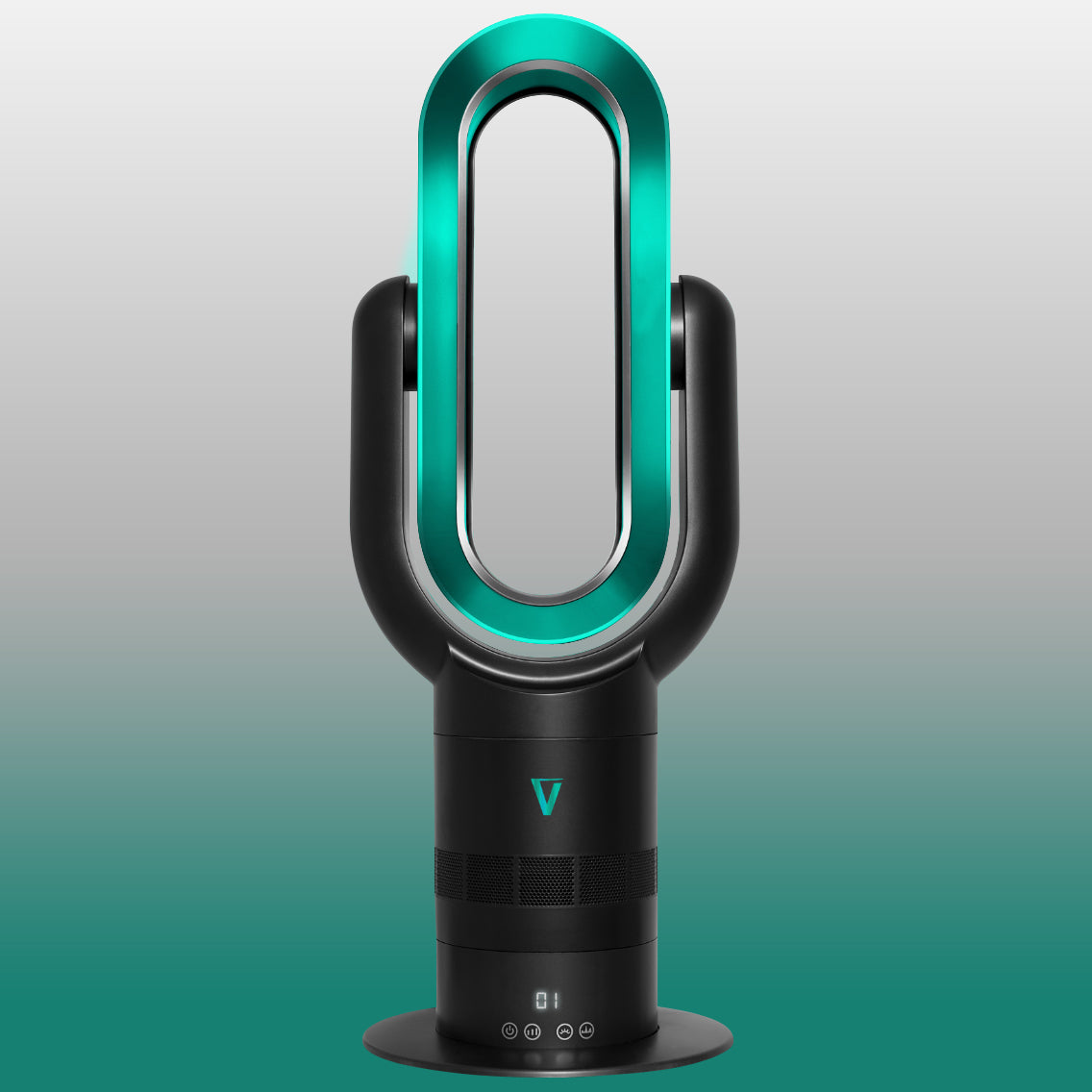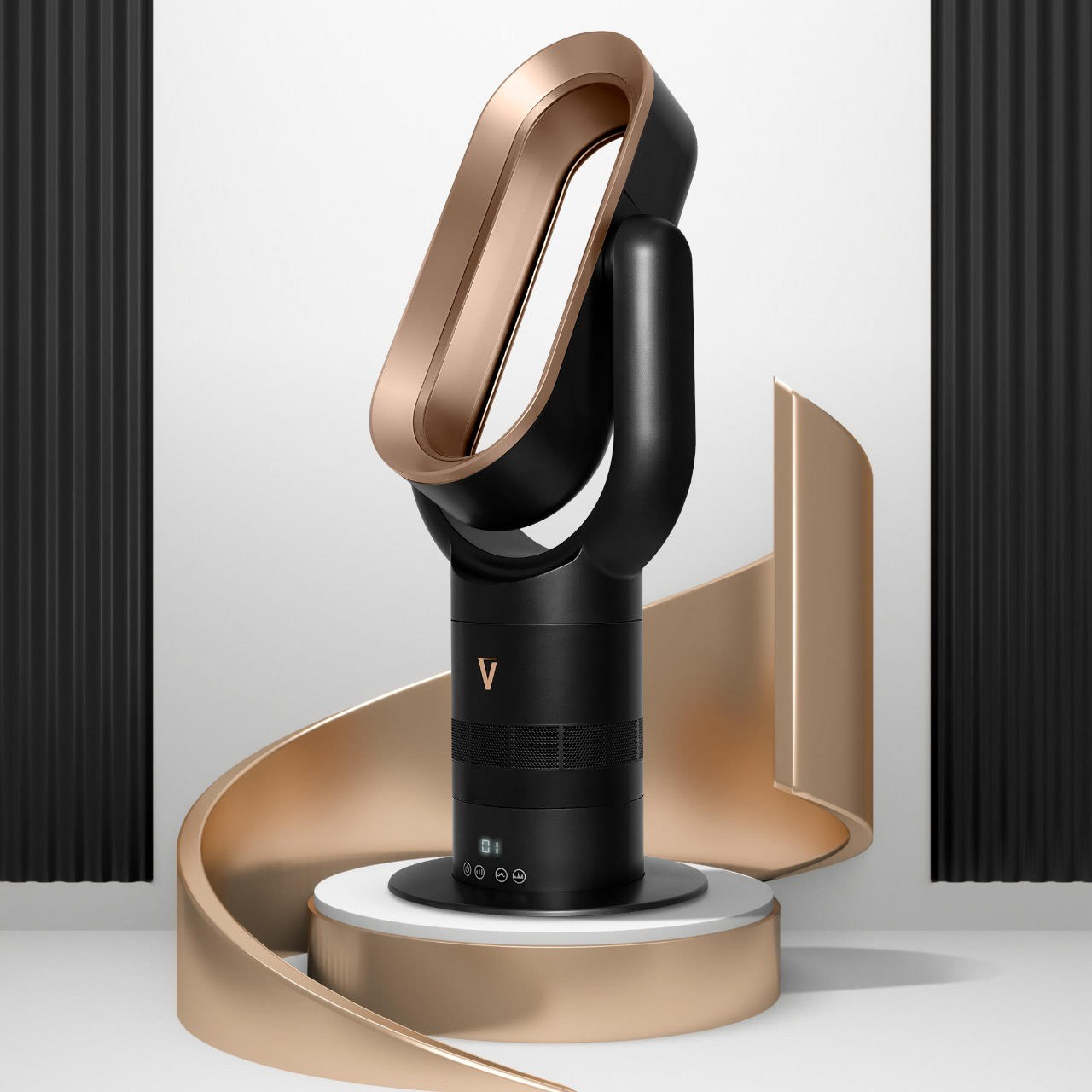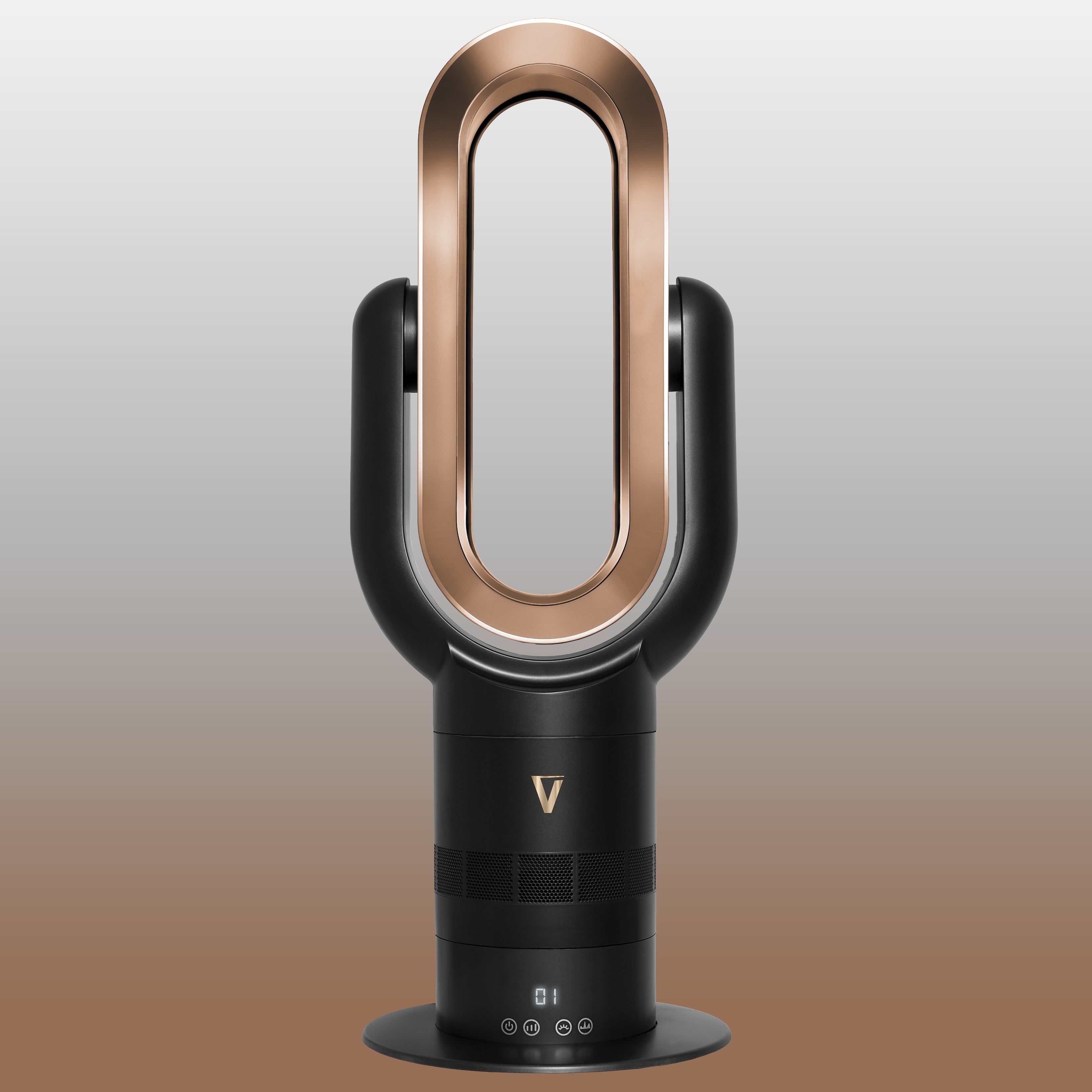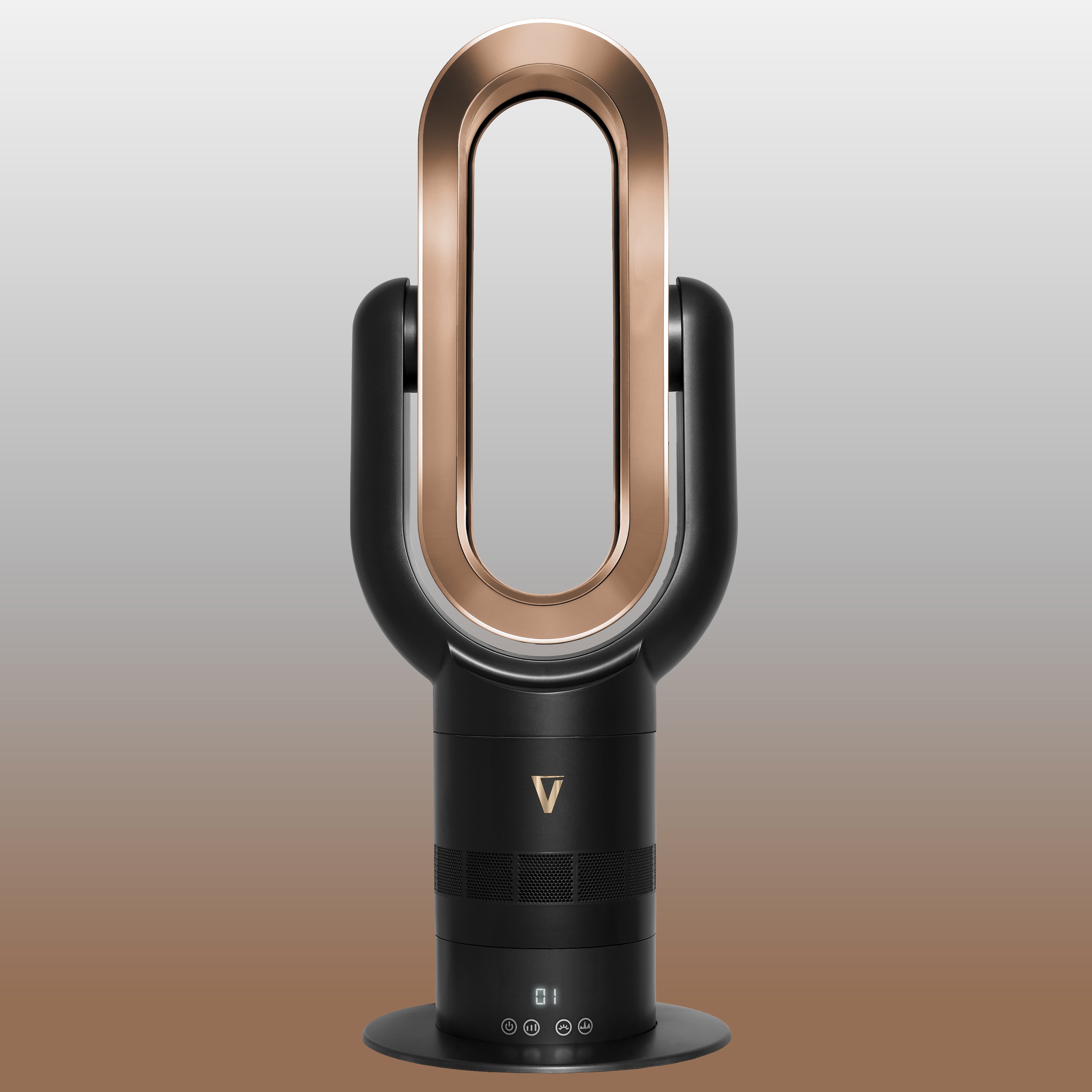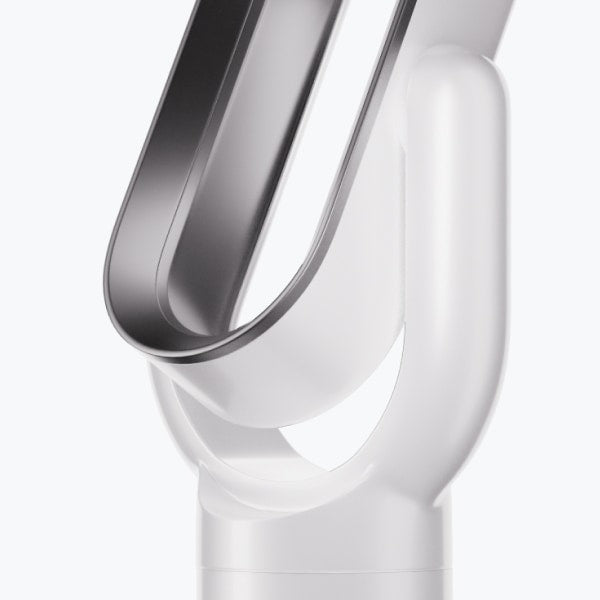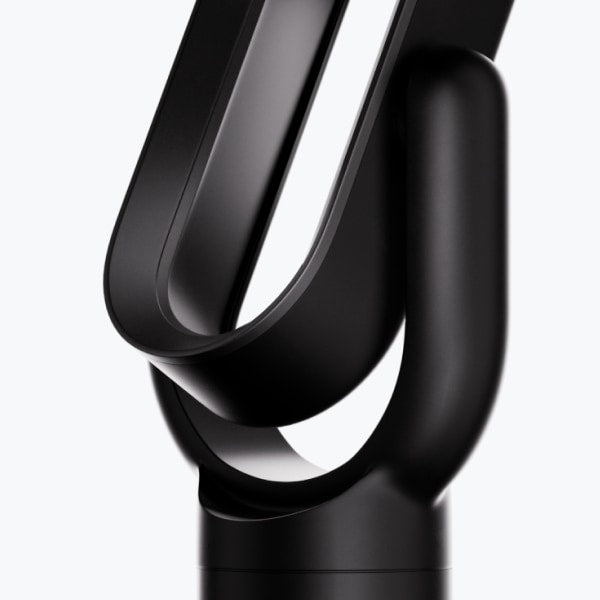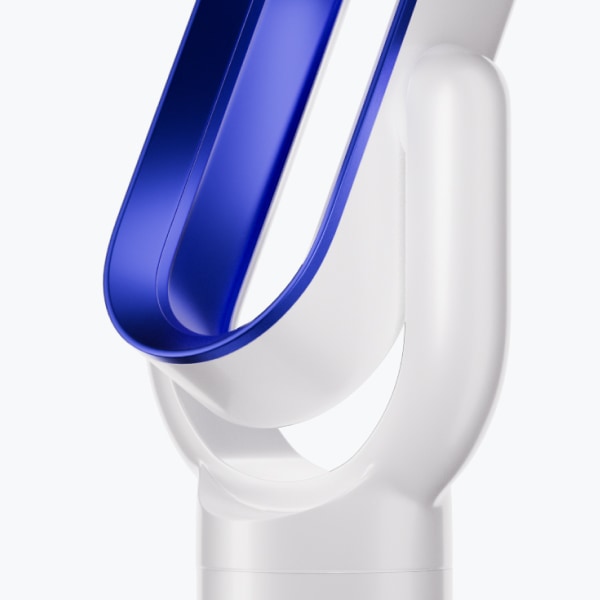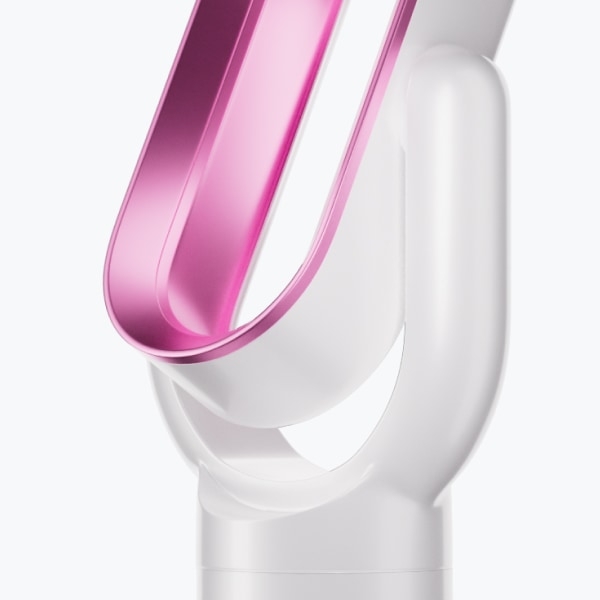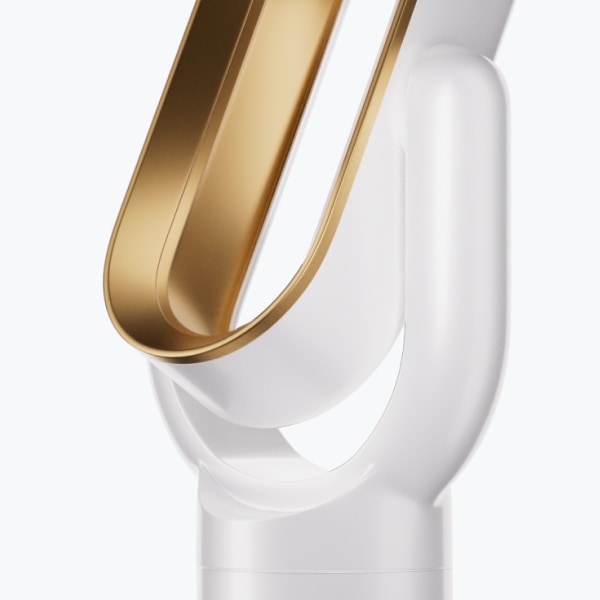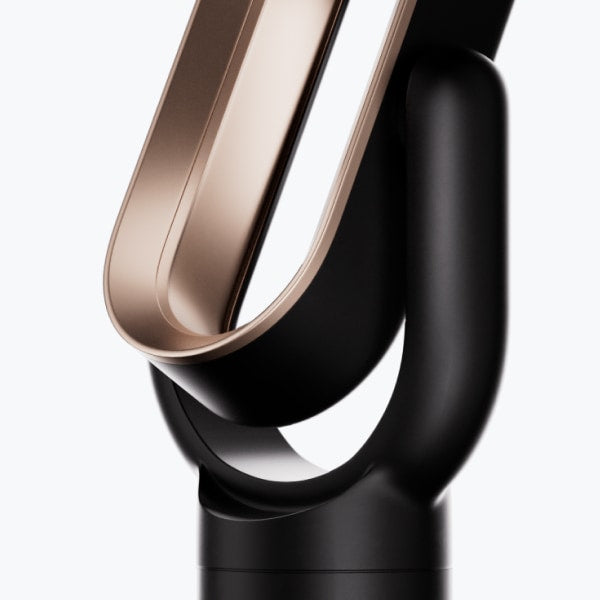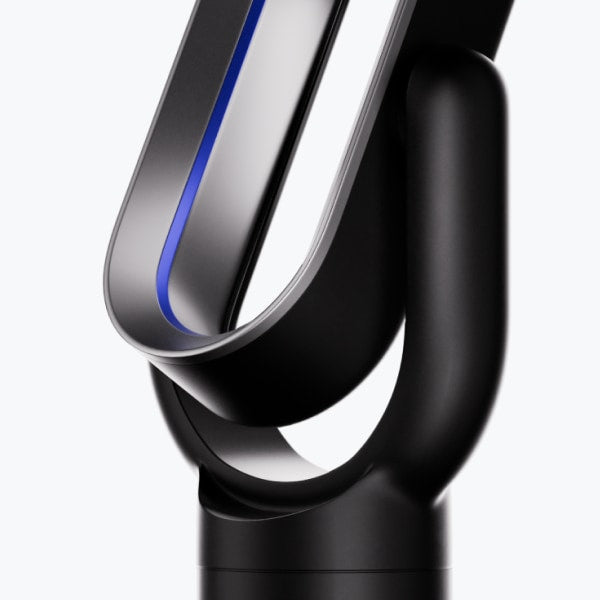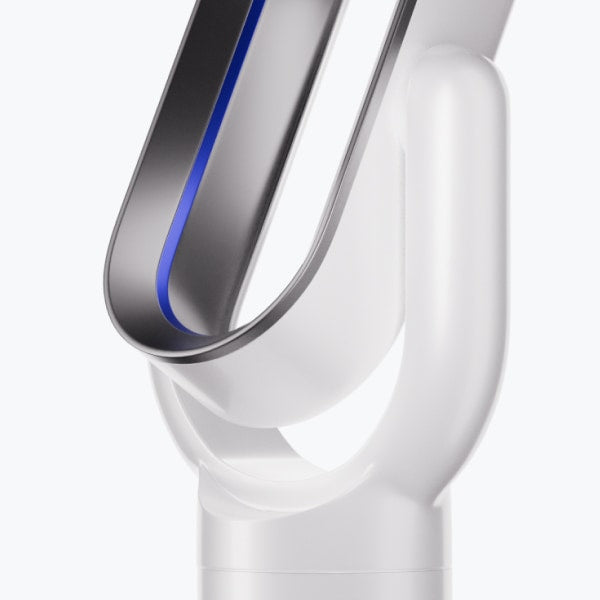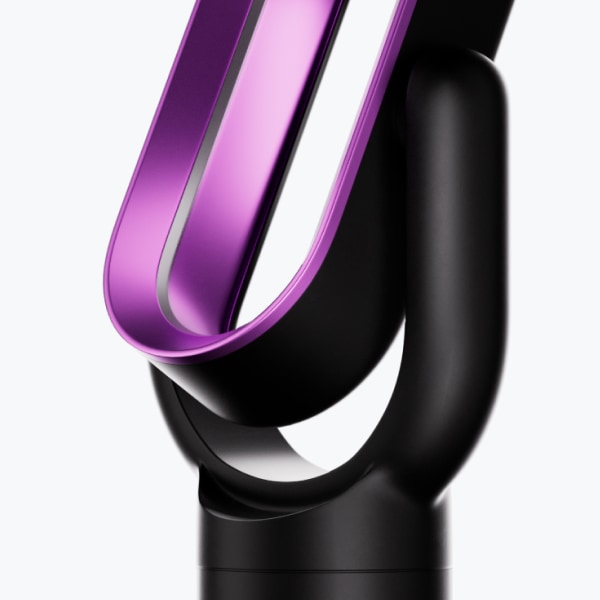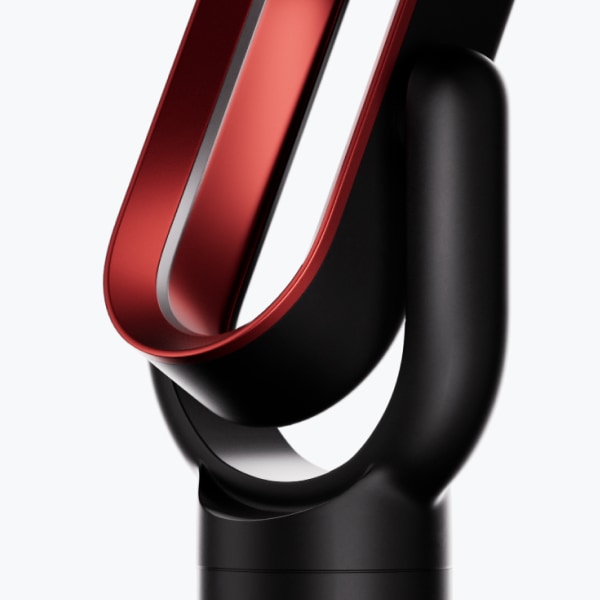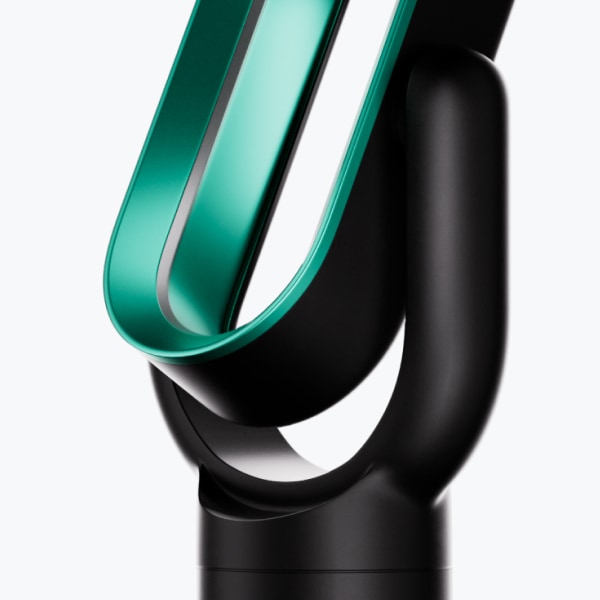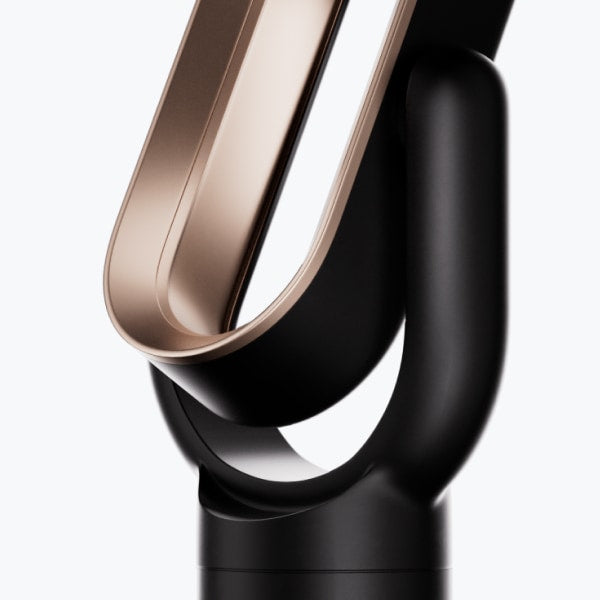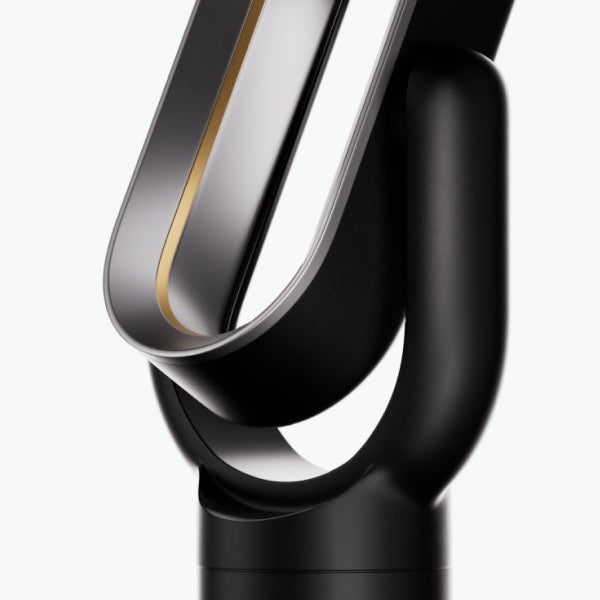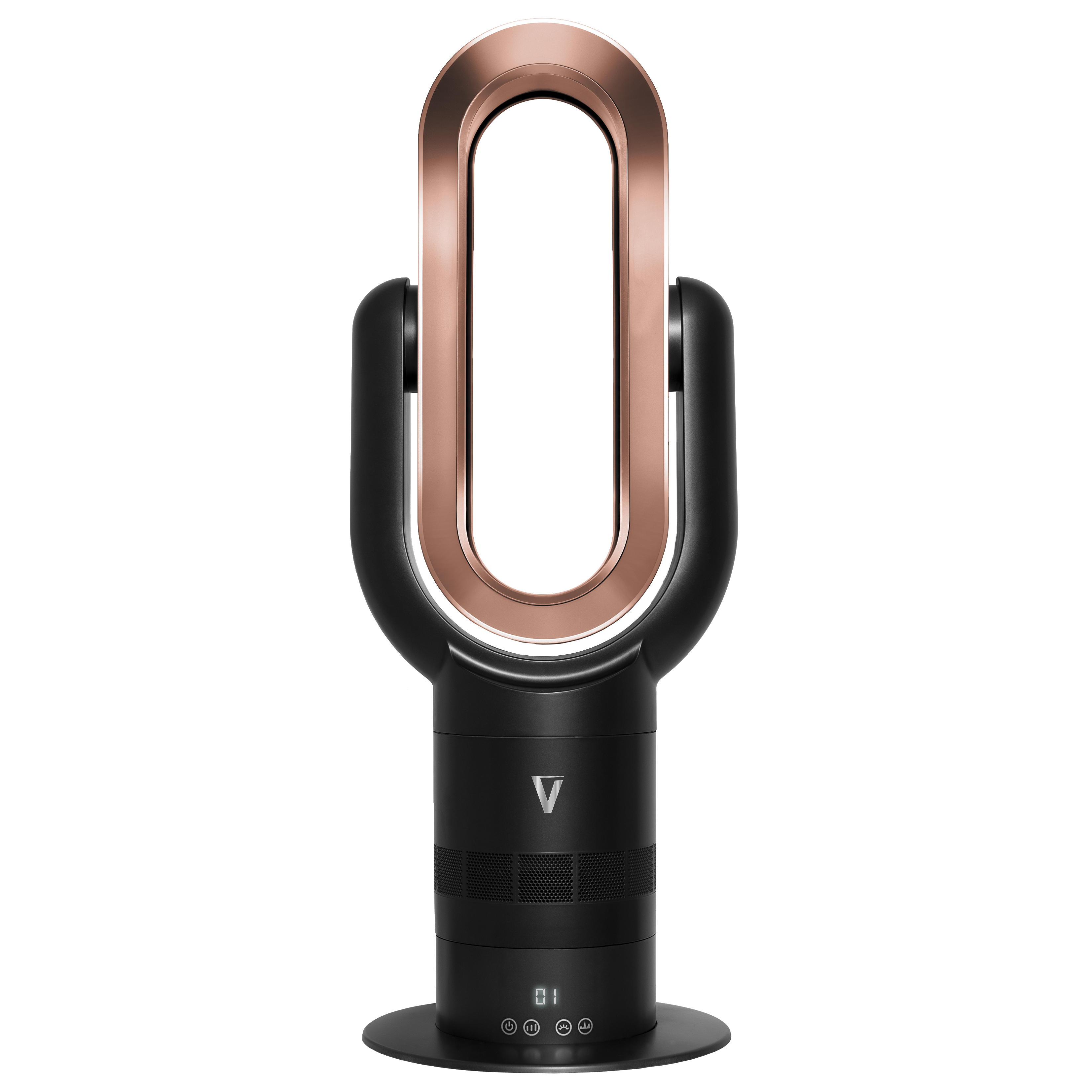Why I Sleep Better with a Gentle Breeze at Night - And You Might Too
I used to wake up multiple times a night—too hot, too restless, or from little sounds like a creaky pipe or a car outside.
I’d tried all the usual things: earplugs, melatonin, sleep apps, even expensive air purifiers. Nothing really worked long-term.
But one small change made a bigger difference than I expected… and it’s something almost anyone can try.
Tip 1 – Why White Noise Actually Helps You Sleep
If you’ve never used white noise before, here’s how it works:
Your brain stays alert even while you’re sleeping. So every little sound—like a neighbour slamming a car door or your partner snoring—can jolt you out of deep sleep.
White noise works by creating a soft, consistent background hum that drowns out sudden noises and helps your brain relax. Think of it like a gentle audio blanket.
It doesn’t have to be loud or artificial. Even the sound of air moving quietly through a room can be enough to calm your nervous system and help you fall asleep faster.

If you’ve never used white noise before, here’s how it works:
Your brain stays alert even while you’re sleeping. So every little sound—like a neighbour slamming a car door or your partner snoring—can jolt you out of deep sleep.
White noise works by creating a soft, consistent background hum that drowns out sudden noises and helps your brain relax. Think of it like a gentle audio blanket.
It doesn’t have to be loud or artificial. Even the sound of air moving quietly through a room can be enough to calm your nervous system and help you fall asleep faster.

Tip 2 – Your Bedroom Temperature Matters More Than You Think
Most people sleep better in a room that’s a bit cooler.
In fact, research shows the ideal sleep temperature is around 17–19°C. But during warmer nights, especially in summer, your room can feel stuffy or hot—making it harder to fall and stay asleep.
Overheating at night often leads to restlessness, sweating, or waking up feeling drained.
So combining cool air + white noise is a powerful way to support better sleep.

Most people sleep better in a room that’s a bit cooler.
In fact, research shows the ideal sleep temperature is around 17–19°C. But during warmer nights, especially in summer, your room can feel stuffy or hot—making it harder to fall and stay asleep.
Overheating at night often leads to restlessness, sweating, or waking up feeling drained.
So combining cool air + white noise is a powerful way to support better sleep.

Tip 3 – What I Use Now: A Fan That Does More Than Just Cool
I didn’t want to buy a white noise machine, a fan, and a purifier all separately—so I looked for something that could do it all, quietly and reliably.
That’s when I came across the Vortex Air Pro.
It’s a sleek, bladeless fan that works as a cooler, heater, and air purifier—but the best part?
At night, I set it to a low fan speed, and it gives off a gentle, soothing hum that masks noise and keeps the room comfortably cool.
It’s become part of my nightly wind-down routine—and I genuinely sleep better because of it.

I didn’t want to buy a white noise machine, a fan, and a purifier all separately—so I looked for something that could do it all, quietly and reliably.
That’s when I came across the Vortex Air Pro.
It’s a sleek, bladeless fan that works as a cooler, heater, and air purifier—but the best part?
At night, I set it to a low fan speed, and it gives off a gentle, soothing hum that masks noise and keeps the room comfortably cool.
It’s become part of my nightly wind-down routine—and I genuinely sleep better because of it.






